Programme
ENVIRONMENT
TOPICS
Shaping a Resilient Planet
Circular Materials Innovation
Smart Urban Cities
Climate Resilience and Wellness
Building a sustainable future begins with protecting and regenerating the ecosystems that sustain us. This theme brings together research across climate science, urban resilience, biodiversity, and resource circularity. The talks will showcase science-based solutions and cross-sectoral efforts that help cities, industries, and communities adapt to change, shaping a planet that can endure and thrive for generations to come.
Keynote Speakers

Choon Hong TAN
Nanyang Technological University
“Chiral Cationic Ion Pair Catalysis using Guanidiniums”

Choon Hong TAN
Nanyang Technological University
Prof. Tan received his BSc (Hons), First Class from the National University of Singapore in 1995 and completed his PhD from the University of Cambridge in 1999. Following that, he carried out two years postdoctoral training at the Department of Chemistry and Chemical Biology, Harvard University. Subsequently, he worked as a Research Associate at Department of Biological Chemistry and Molecular Pharmacology, Harvard Medical School for another year before joined the Department of Chemistry, National University of Singapore as Assistant Professor in 2003. He was then promoted to Associate Professor in 2010. He joined Nanyang Technological University in 2012 as an Associate Professor and was promoted to Full Professor in 2016. He is currently the President’s Chair Professor of Organic Chemistry at NTU. His research interest is in the field of Synthetic Organic Chemistry and Catalysis.
Professor Tan is the immediate past President of Singapore National Institute of Chemistry and current Vice-President of the Singapore National Academy of Science. He was elected to the Singapore National Academy of Science in 2020. He is recently named the recipient of the 2023 Ta-Shue Chou Lectureship Award and gave the Grubbs Institute Distinguished Lecture at the Grubbs Institute in 2024.
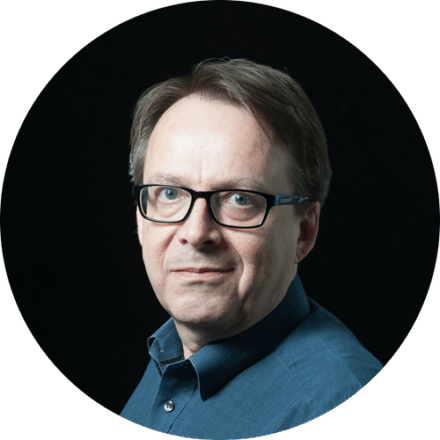
Karl ZIEMELIS
Springer Nature Ltd
“Publishing planet-saving science – the role of journals in advancing the sustainability agenda”

Karl ZIEMELIS
Springer Nature Ltd
Karl Ziemelis is the current Chief Applied & Physical Sciences Editor of Nature, a position that he has held since 1997. He manages a team of sixteen Associate and Senior Editors who, between them, are responsible for Nature’s output of original research papers in the physical sciences and engineering (which include astronomy, physics, materials, chemistry, Earth and environmental sciences). The work of this team involves ensuring the quality and immediacy of the published research, both through careful editorial pre-screening of the papers and by managing a fast and efficient peer-review process. A crucial component of this work is a close editorial interaction with the authors of successful papers, to ensure that the published manuscripts communicate their key findings effectively to a wide, scientifically literate audience.
He received his bachelor’s in Natural Sciences (specializing in physics) from the University of Cambridge in 1988, followed by four years of original research on the optoelectronic properties of conjugated polymers under the supervision of Professor Sir Richard Friend (Cavendish Laboratory, Cambridge), before joining the staff of Nature in 1992.
When time permits, he occasionally writes popular articles in a freelance capacity.

Shunsuke CHIBA
Nanyang Technological University
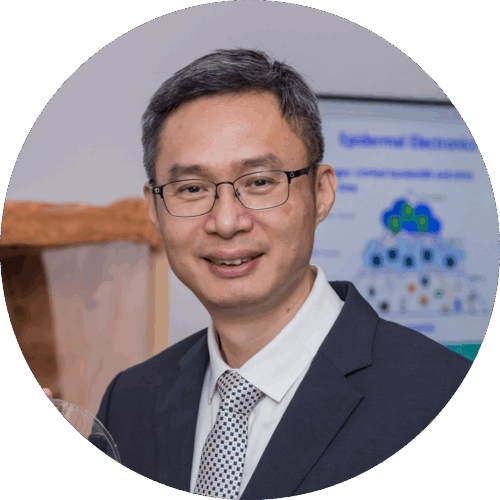
Xiaodong CHEN
Nanyang Technological University, Singapore
Professor Xiaodong Chen is a Distinguished University Professor at Nanyang Technological University, Singapore, with appointments in Materials Science and Engineering, Chemistry, and Medicine. Internationally recognised for his work in interdisciplinary materials science, he has pioneered bio-interfaced electronics that integrate biological systems with rigid devices. His innovations, spanning from water-responsive materials for nerve repair to wearable tactile sensors, are transforming medical diagnostics and treatment.
Prof Chen’s achievements have earned him numerous prestigious honours, including the Singapore President’s Science Award, NRF Investigatorship and Fellowship, the Friedrich Wilhelm Bessel Research Award, the Dan Maydan Prize in Nanoscience and Nanotechnology, and the Kabiller Young Investigator Award. He is an elected member of the Royal Society, the Singapore National Academy of Science, the Academy of Engineering Singapore, and the German National Academy of Sciences Leopoldina. He plays an active role in the scientific community, serving on editorial boards of top journals such as Advanced Materials, Chemical Reviews, Matter, and Small. He is currently Editor-in-Chief of ACS Nano, a leading global journal in nanoscience and nanotechnology.

Terry VAN GEVELT
Singapore Management University
“Operationalising climate projections through downward counterfactuals and virtual reality”

Terry VAN GEVELT
Singapore Management University
Terry van Gevelt is Associate Professor of Urban Sustainability and Lee Kong Chian Fellow at the College of Integrative Studies, Singapore Management University. Terry is an interdisciplinary social scientist focused on bridging the sustainability science-policy divide. His current research programme focuses on understanding and communicating the impacts of complex and uncertain climate impacts to diverse stakeholders. Terry is currently Lead Principal Investigator for a Climate Impact Science Research Programme (CISRP) grant funded by the National Environment Agency and National Research Foundation, Singapore. His research has been published in leading interdisciplinary journals, including Nature Climate Change, Climatic Change and Environmental Science and Policy. Terry holds MPhil and PhD degrees from the University of Cambridge.
Invited Speakers
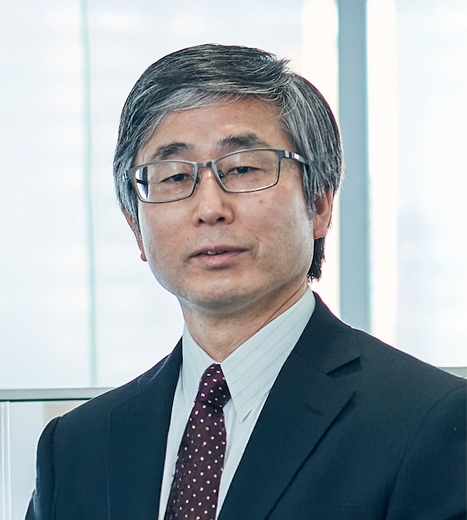
Akihiko KUDO
Tokyo University of Science
“Green hydrogen production using cost-effective powdered photocatalyst”

Akihiko KUDO
Tokyo University of Science
Akihiko Kudo received his early education at Tokyo University of Science obtaining a bachelor’s degree in 1983 and his doctorate in 1988 from Tokyo Institute of Technology. After one and half years as a postdoctoral fellow at the University of Texas in Austin, he became a research associate at the Tokyo Institute of Technology until 1995. He then joined the Tokyo University of Science as a Lecturer before he became associate professor in 1998 and a full professor in 2003. He is also a director of a carbon value research center, TUS since 2022.

Alexander van SERVELLEN
Elsevier
“Measuring Global Sustainability Impact with Research Intelligence”
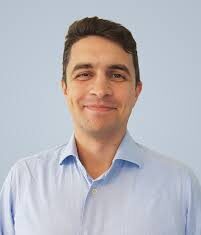
Andrea MARINONI
Cambridge
Andrea Marinoni holds a research professorship with the Dept. of Computer Science and Technology, University of Cambridge, UK. From 2018 to 2025, he was a professor of environmental data science with the Dept. of Physics and Technology, UiT the Arctic University of Norway, Tromsø, Norway. In 2023, he was a visiting professor at the Earth Observatory of Singapore, Asian School of Environment, Nanyang Technological University, Singapore. His main goal is to improve the efficiency and impact of AI on human and environment by developing new strategies for data processing, algorithmic modulation and energy-aware computation.

Andrea MARINONI
Cambridge
“Improving the environmental footprint of AI hyperscalers by dynamic power response and irregular computing”

Andrea MARINONI
Cambridge
Andrea Marinoni holds a research professorship with the Dept. of Computer Science and Technology, University of Cambridge, UK. From 2018 to 2025, he was a professor of environmental data science with the Dept. of Physics and Technology, UiT the Arctic University of Norway, Tromsø, Norway. In 2023, he was a visiting professor at the Earth Observatory of Singapore, Asian School of Environment, Nanyang Technological University, Singapore. His main goal is to improve the efficiency and impact of AI on human and environment by developing new strategies for data processing, algorithmic modulation and energy-aware computation.
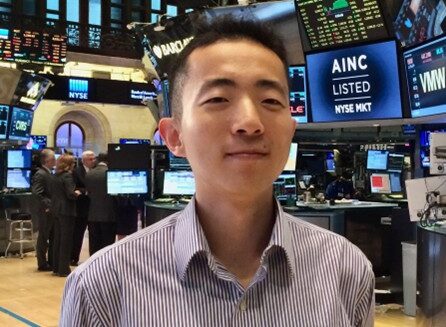
Aspen CHEN
The University of Hong Kong
“Helical Cyclodextrin Nanochannels”

Aspen CHEN
The University of Hong Kong
Aspen is an Assistant Professor of Chemistry at the University of Hong Kong (HKU). He obtained his B.S. Degree from Fudan University and his Ph.D. degree at Princeton University under the supervision of Professor Erik Sorensen. His graduate research focused on the development of transition metal-catalyzed methods for the direct ortho C–H functionalizations of benzaldehydes using catalytic imine directing groups. As a postdoctoral researcher in the laboratory of Professor Sir Fraser Stoddart at Northwestern University, Aspen investigated two areas within the broader theme of chemistry under nanoconfinement: 1) the use of γ-cyclodextrin metal-organic frameworks as robust nanoreactors for performing selective chemical reactions, and 2) the design of new radical recognition motifs for the construction of mechanically interlocked molecules and artificial molecular machines. Aspen started his independent career at HKU in April 2023 focusing on the design of porous materials using engineered macrocycles as the building blocks. He is a recipient of the HKU-100, a prestigious award granted by HKU to outstanding individuals with potential for scientific and scholarly breakthroughs.
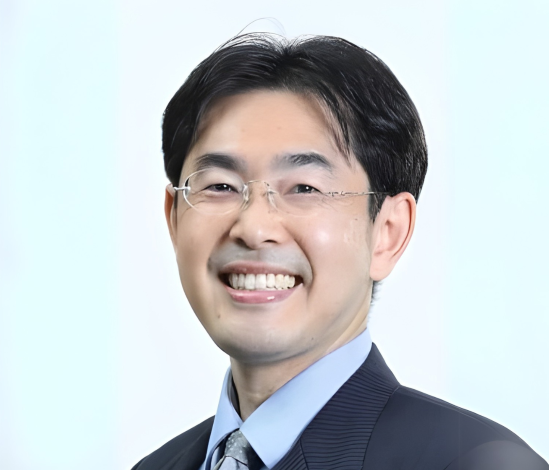
Atsushi GOTO
Nanyang Technological University
“Sustainable and functional polymer synthesis using biomass, degradable monomers, and halogen bonding”

Atsushi GOTO
Nanyang Technological University
Atsushi Goto is a professor in Nanyang Technological University (NTU), Singapore, since 2020. He received his Ph.D (2001) from Kyoto University, Japan. He was an assistant professor (2002-2010), and an associate professor (2010-2015) in Kyoto University. He was an associate professor (2015-2020) in NTU. He was Provost’s Chair in Chemistry and Biological Chemistry (2019-2021) and is currently Nippon Shokubai Professor in Chemistry (2021-current). He was a recipient of The CoE Industrial Excellence Award 2023 Runner-up NTU (2023), Shimadzu-SNIC Industry Award in Applied and Translational Chemistry (2020), and NRF Investigatorship (2018-2024). His research interests include polymer chemistry and polymer materials.

Axel ARRAS
FPT Group
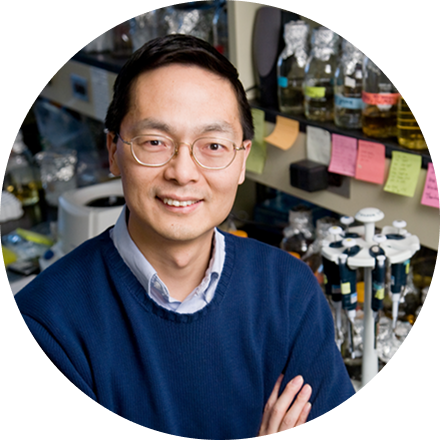
Huimin ZHAO
University of Illinois Urbana-Champaign
Biography information is currently unavailable. Please check back later.
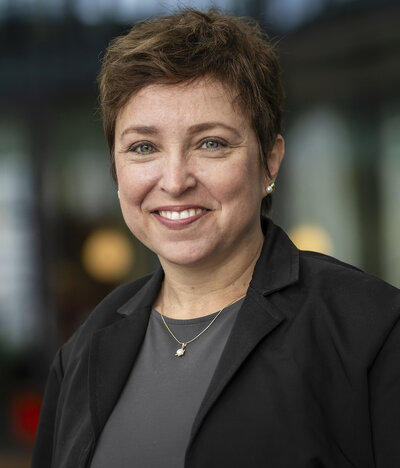
Bige TUNCER
Eindhoven University of Technology

Huimin ZHAO
University of Illinois Urbana-Champaign
Biography information is currently unavailable. Please check back later.
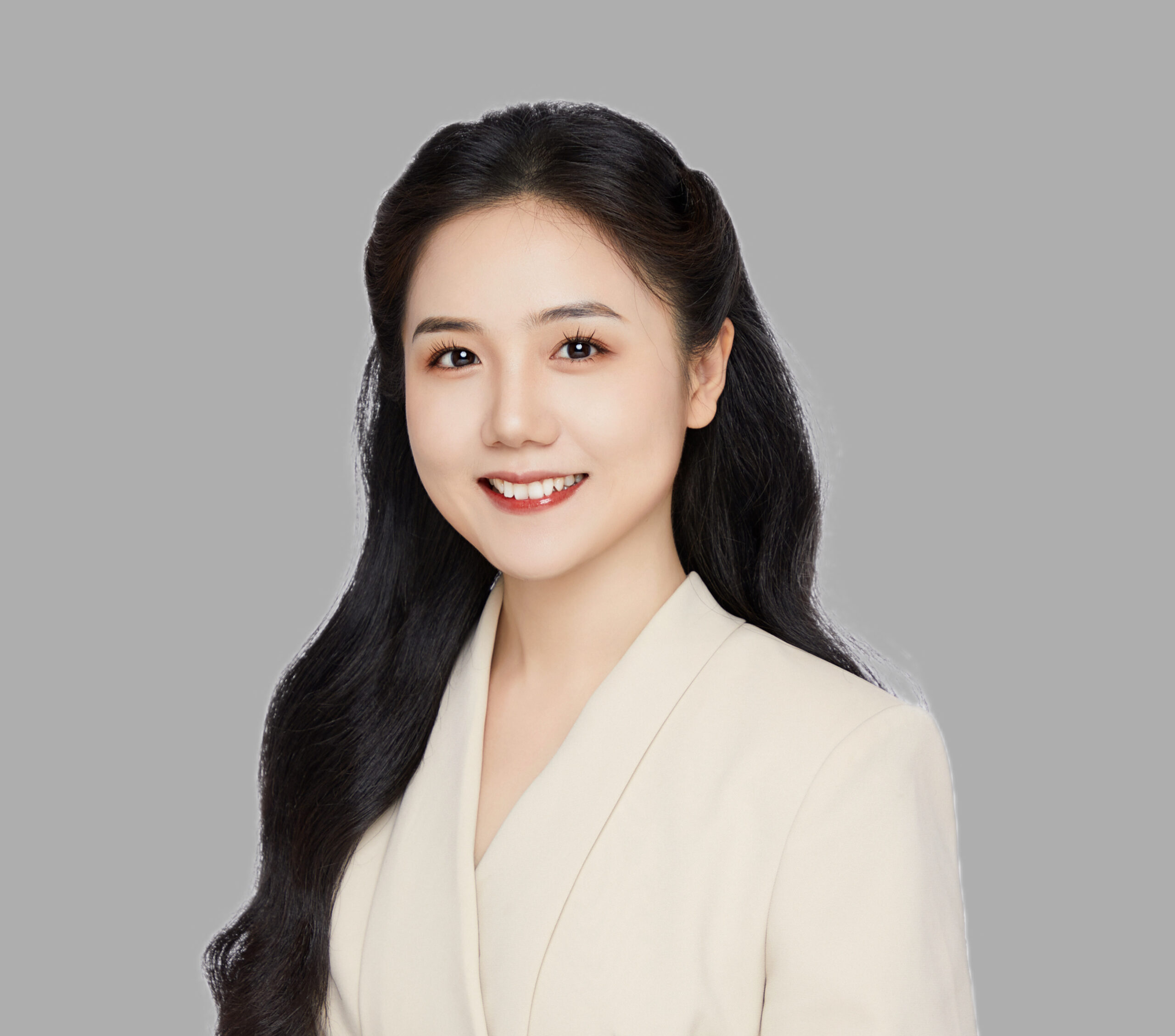
Bofan LI
Agency for Science, Technology and Research (A*STAR)
“Sustainable Membranes for a Circular Membrane Industry”

Bofan LI
Agency for Science, Technology and Research (A*STAR)
Dr. Bofan Li received her B.Eng. (2016) and Ph.D. (2021) in Chemical Engineering from the National University of Singapore. She is leading the Sustainable Membrane Lab at ISCE2, A*STAR, advancing sustainable membranes and separation technologies for water purification and organic solvent separations. She has published over 30 peer-reviewed papers with a h-index of 18 and Field-Weighted Citation Impact of 2.3. Driven by the vision of a circular, low-impact membrane industry, her work aims to advance clean water access, sustainable waste treatment, and greener chemical processing for a more resilient future.

Carla GOMEZ
UNDP

Bofan LI
Agency for Science, Technology and Research (A*STAR)
Dr. Bofan Li received her B.Eng. (2016) and Ph.D. (2021) in Chemical Engineering from the National University of Singapore. She is leading the Sustainable Membrane Lab at ISCE2, A*STAR, advancing sustainable membranes and separation technologies for water purification and organic solvent separations. She has published over 30 peer-reviewed papers with a h-index of 18 and Field-Weighted Citation Impact of 2.3. Driven by the vision of a circular, low-impact membrane industry, her work aims to advance clean water access, sustainable waste treatment, and greener chemical processing for a more resilient future.
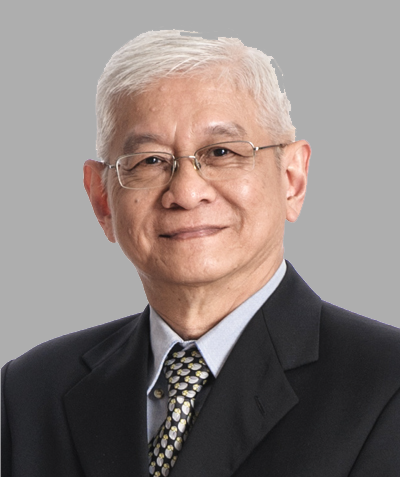
Choon Nam ONG
National University of Singapore
“A Sustainable Process for Transforming Incineration Bottom Ash into Green Aggregates to Reduce Semakau Landfill Waste”

Choon Nam ONG
National University of Singapore
Ong Choon Nam is a Professor Emeritus at the National University of Singapore. His research in environmental health extends beyond academia, influencing social, environmental, and economic outcomes. His expertise in environmental health and ability in coordinating multidisciplinary research let to his appointment as the Chairman of the International Expert Panel on the NEWater (1997-2003) by the Ministry of Sustainability and the Environment. He has published more than 400 scientific articles and with a Goggle h-Index of 107 with over 38,000 citations.
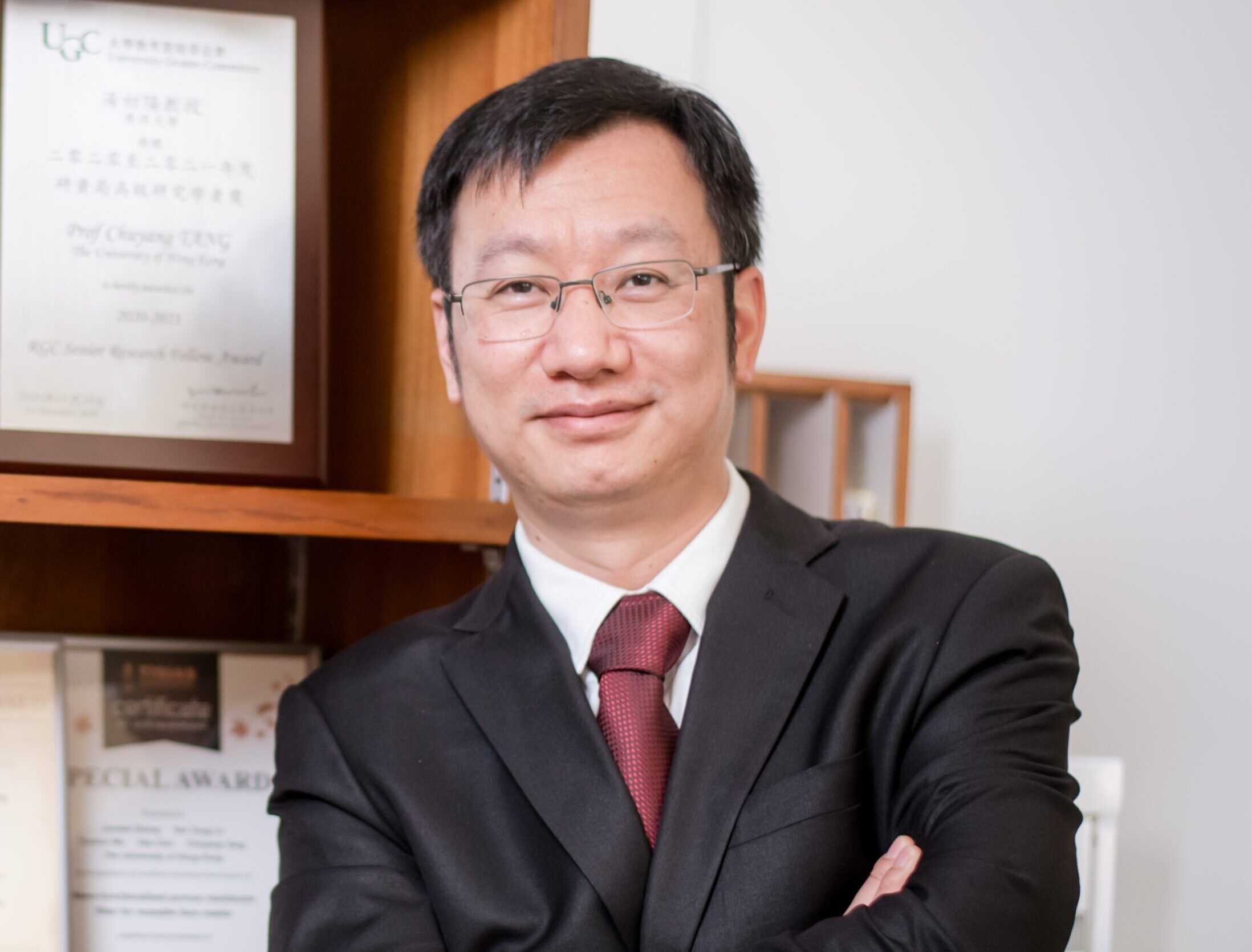
Chuyang TANG
The University of Hong Kong
“Thermo-intensified interfacial polymerization – A novel strategy for preparing high performance reverse osmosis membranes”

Chuyang TANG
The University of Hong Kong
CY Tang is a Chair Professor of Environmental Engineering at the University of Hong Kong. He obtained his PhD degree from Stanford University and has over 20 years’ experience in membrane technology, water reuse, and desalination. Professor Tang is a co-editor of the Desalination Journal and a Clarivate Highly Cited Researcher since 2021. Professor Tang’s R&D has received many prestigious awards and recognitions, such as the inaugural RGC Senior Research Fellowship, IDA Water Reuse & Conservation Award, IDA Fellowship, and Finland Distinguished Professor Program Fellowship.
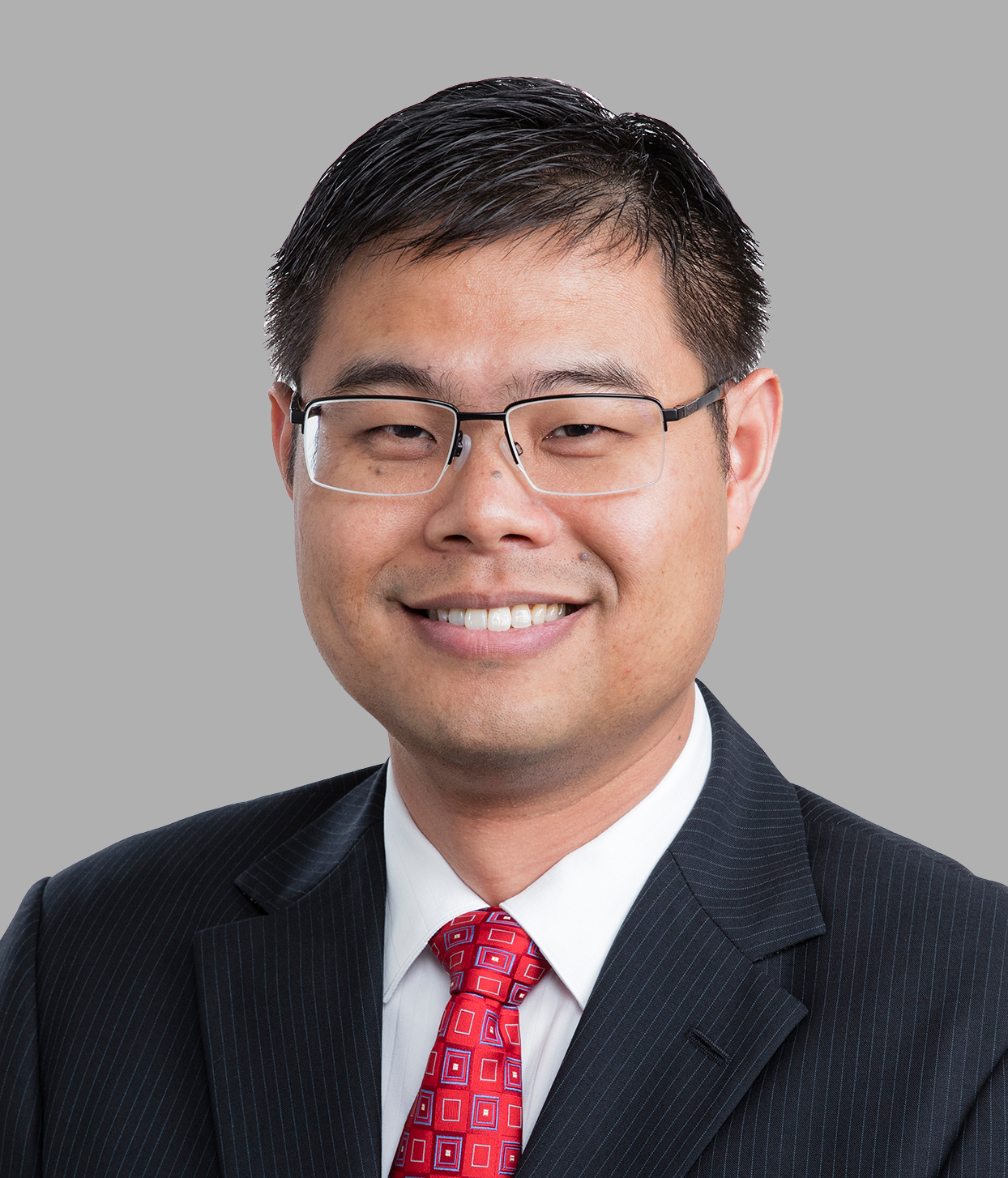
Dan ZHAO
National University of Singapore
“From Lab to Plant: Tonne-Scale MOF-Based Carbon Capture Demonstration”

Dan ZHAO
National University of Singapore
Dr. Zhao earned his Ph.D. in Inorganic Chemistry from Texas A&M University in 2010 under the mentorship of Prof. Hong-Cai Joe Zhou. Following his postdoctoral training at Argonne National Laboratory, he joined the Department of Chemical & Biomolecular Engineering at the National University of Singapore as an Assistant Professor in July 2012. He was promoted to Associate Professor with tenure in July 2018 and to Full Professor in January 2025. Dr. Zhao’s research focuses on advanced porous materials and hybrid membranes, with applications in clean energy and environmental sustainability.
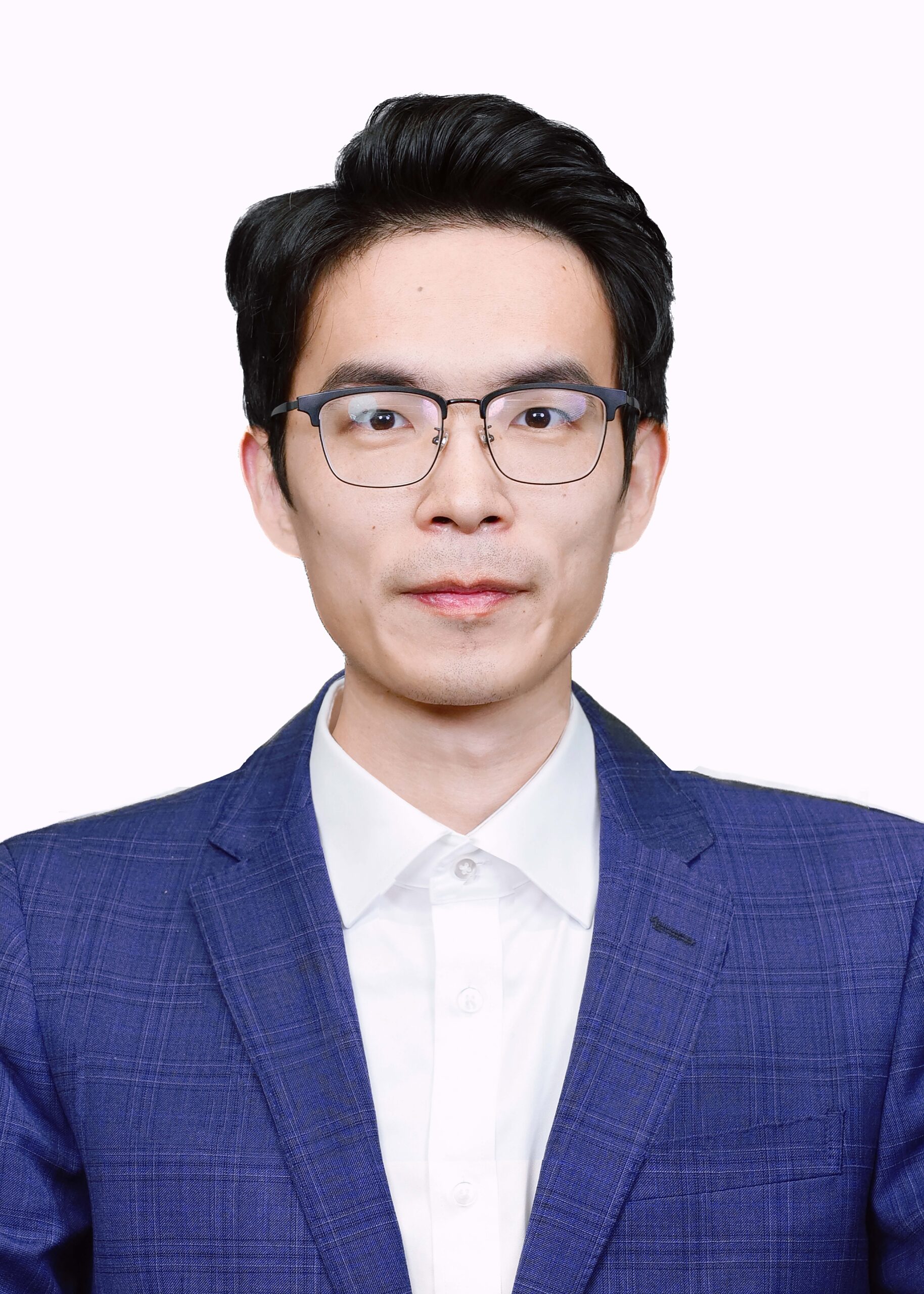
Duan-Chao WANG
Zhejiang University
“Converting Biomass to Reduced Graphene Oxide at Room Temperature”

Duan-Chao WANG
Zhejiang University
Dr. Duan-Chao Wang work in Zhejiang University as a Principal Investigator. He focuses on the reuse of biomass materials, converting them into carbon and graphite materials through green chemistry. He discovered low-temperature dehydration carbonization (DC) reaction and dehydration-condensation (D-C) graphitization reaction at room temperature. As a result, the related reactions have dramatically reduced the graphitization temperature of carbon-rich organic matter from the conventional 2000 °C to room temperature (25 °C). The results have been published in Nat. Sustain., J. Am. Chem. Soc., Angew. Chem. Int. Ed., Adv. Mater. etc.
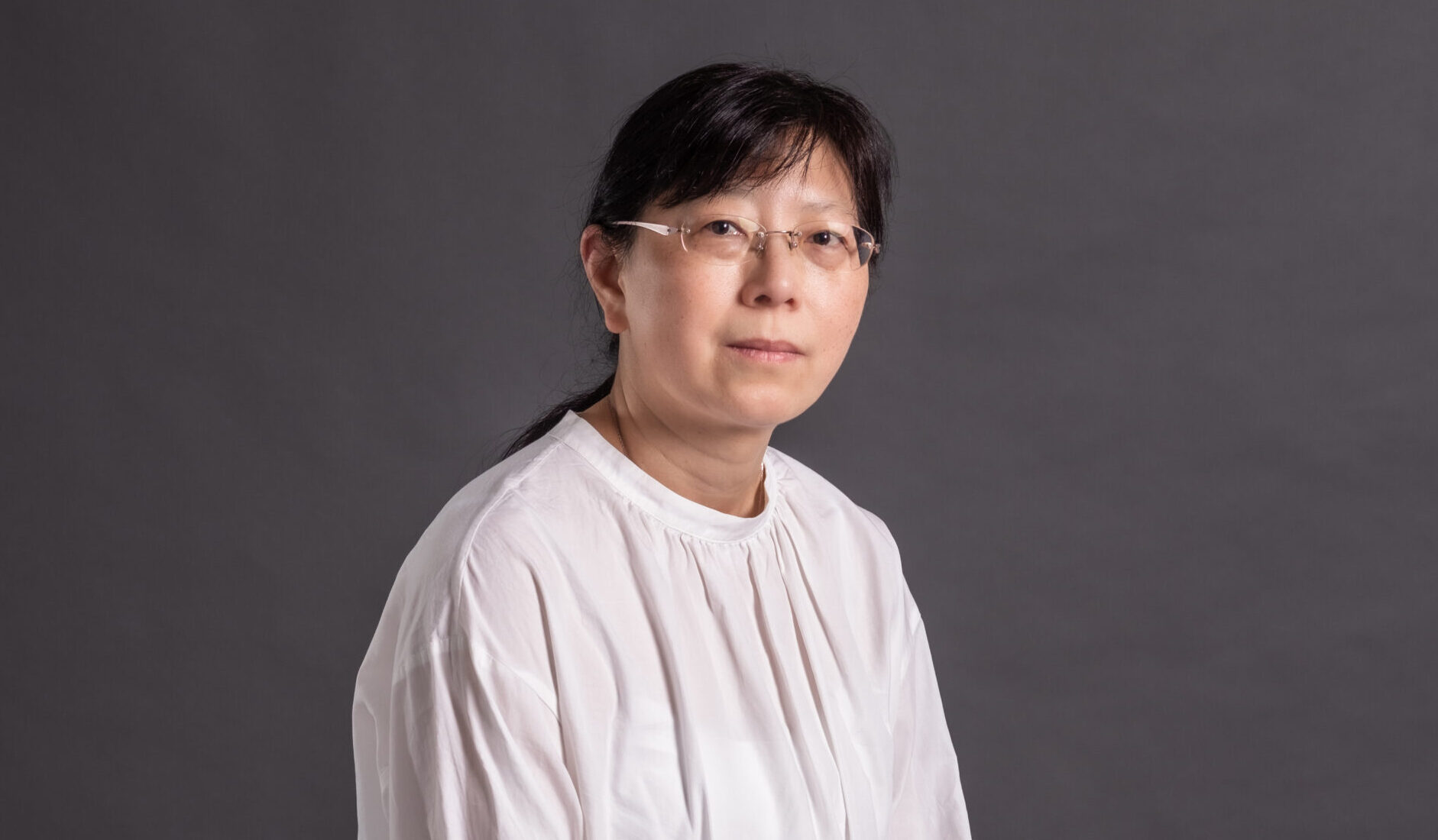
Eileen YU
University of Southampton
“Super Capacitive Swing Adsorption for Electrochemical CO₂ Capture”

Eileen YU
University of Southampton
Professor Eileen Yu holds a Chair of Chemical Engineering in the School of Chemistry and Chemical Engineering, University of Southampton. She has a wide range of experience in various fields in electrochemical and bioelectrochemical systems for energy, environmental and biomedical applications. Her current research includes understanding fundamentals and engineering applications of electrocatalysis and microbial electrosynthesis for CO2 utilisation, CO2 capture, nitrogen fixation, resource recovery from wastes, bioremediation and environment monitoring with electrochemical and bioelectrochemical systems.
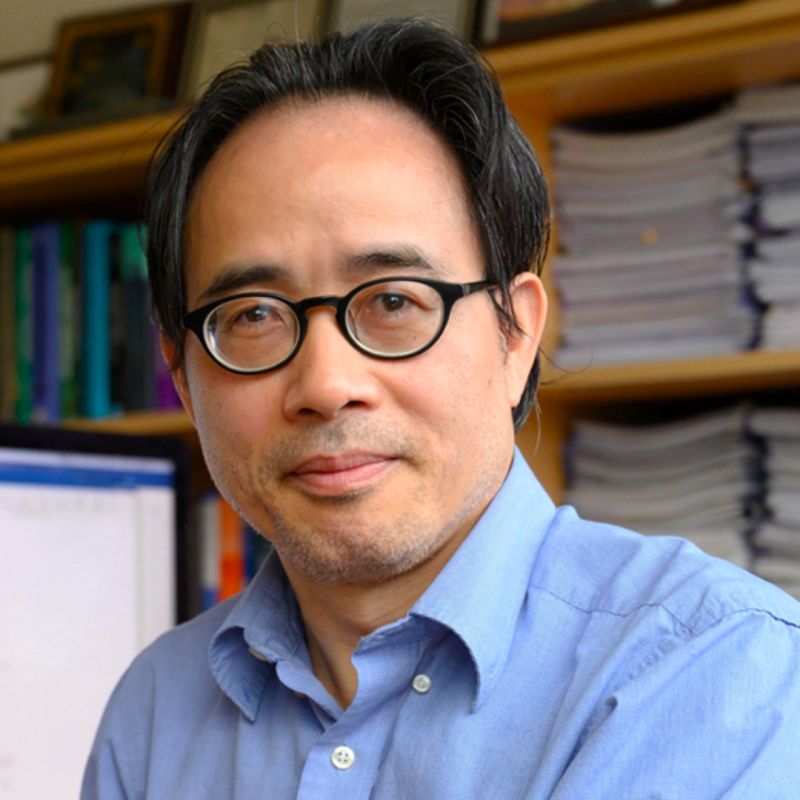
Eugene CHEN
Colorado State University
“Towards Polymer Sustainability by De/Mono-Materization”

Eugene CHEN
Colorado State University
Eugene Chen received his undergraduate education in China and Ph.D. degree from The University of Massachusetts – Amherst, United States. After a postdoctoral stint at Northwestern University, he joined The Dow Chemical Company, where he was promoted from Sr. Research Chemist to Project Leader. After two and a half years at Dow he moved to Colorado State University, where he currently is a University Distinguished Professor, the John K. Stille Endowed Chair Professor in Chemistry, and the Millennial Professor of Polymer Science and Sustainability. His research is centered on polymer science, sustainable chemistry, and molecular catalysis.

Fu LIU
NIMTE CAS

Eileen YU
University of Southampton
Professor Eileen Yu holds a Chair of Chemical Engineering in the School of Chemistry and Chemical Engineering, University of Southampton. She has a wide range of experience in various fields in electrochemical and bioelectrochemical systems for energy, environmental and biomedical applications. Her current research includes understanding fundamentals and engineering applications of electrocatalysis and microbial electrosynthesis for CO2 utilisation, CO2 capture, nitrogen fixation, resource recovery from wastes, bioremediation and environment monitoring with electrochemical and bioelectrochemical systems.

Gayathri NATARAJAN
KrossLinker

Eileen YU
University of Southampton
Professor Eileen Yu holds a Chair of Chemical Engineering in the School of Chemistry and Chemical Engineering, University of Southampton. She has a wide range of experience in various fields in electrochemical and bioelectrochemical systems for energy, environmental and biomedical applications. Her current research includes understanding fundamentals and engineering applications of electrocatalysis and microbial electrosynthesis for CO2 utilisation, CO2 capture, nitrogen fixation, resource recovery from wastes, bioremediation and environment monitoring with electrochemical and bioelectrochemical systems.

George BRITOVSEK
Imperial College London

Eileen YU
University of Southampton
Professor Eileen Yu holds a Chair of Chemical Engineering in the School of Chemistry and Chemical Engineering, University of Southampton. She has a wide range of experience in various fields in electrochemical and bioelectrochemical systems for energy, environmental and biomedical applications. Her current research includes understanding fundamentals and engineering applications of electrocatalysis and microbial electrosynthesis for CO2 utilisation, CO2 capture, nitrogen fixation, resource recovery from wastes, bioremediation and environment monitoring with electrochemical and bioelectrochemical systems.

George Xiu Song ZHAO
Qingdao

Eileen YU
University of Southampton
Professor Eileen Yu holds a Chair of Chemical Engineering in the School of Chemistry and Chemical Engineering, University of Southampton. She has a wide range of experience in various fields in electrochemical and bioelectrochemical systems for energy, environmental and biomedical applications. Her current research includes understanding fundamentals and engineering applications of electrocatalysis and microbial electrosynthesis for CO2 utilisation, CO2 capture, nitrogen fixation, resource recovery from wastes, bioremediation and environment monitoring with electrochemical and bioelectrochemical systems.
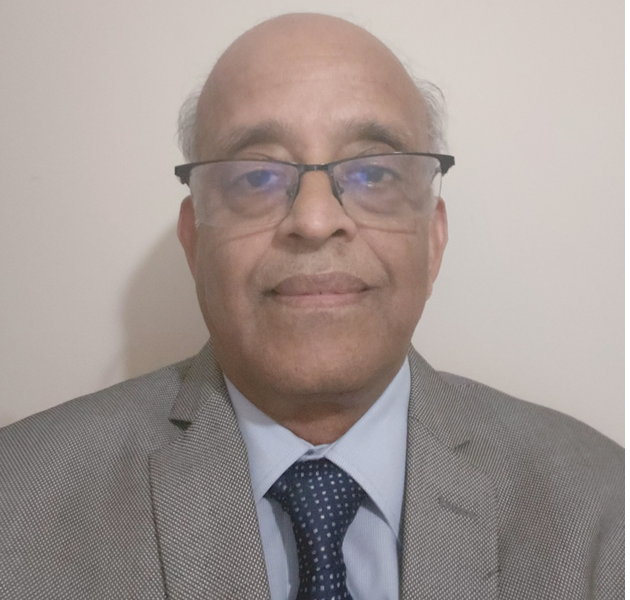
Gopinathan SANKAR
University College London
“Creating Additional Pores in Nanoporous Zeolitic Crystals: More Space for Catalytic Functionality”

Gopinathan SANKAR
University College London
Professor Gopinathan Sankar obtained his PhD from the Indian Institute of Science and joined the Royal Institution of GB in 1990. He became a Professor of Solid-State Chemistry in 2004 and moved to the Department of Chemistry, University College London, in 2007, where he continues his research focused on heterogeneous catalytic materials and the use of advanced Synchrotron Radiation techniques to investigate them under operating conditions. He was awarded a Royal Society Industry Fellowship to conduct collaborative research with Johnson Matthey plc. He has supervised over 50 PhD and Post-Doctoral researchers. He has over 300 publications and his current H-index is 68 with overall citations of over 19000.

Guangtao ZHAI
Shanghai Jiao Tong University

Gopinathan SANKAR
University College London
Professor Gopinathan Sankar obtained his PhD from the Indian Institute of Science and joined the Royal Institution of GB in 1990. He became a Professor of Solid-State Chemistry in 2004 and moved to the Department of Chemistry, University College London, in 2007, where he continues his research focused on heterogeneous catalytic materials and the use of advanced Synchrotron Radiation techniques to investigate them under operating conditions. He was awarded a Royal Society Industry Fellowship to conduct collaborative research with Johnson Matthey plc. He has supervised over 50 PhD and Post-Doctoral researchers. He has over 300 publications and his current H-index is 68 with overall citations of over 19000.

Haiming WANG
Tsinghua
“Conversion of waste plastics to syngas using Ni-Fe-Al spinel as an oxygen carrier in a chemical looping process”

Haiming WANG
Tsinghua
Wang Haiming is an associate professor in the Department of Energy and Power Engineering at Tsinghua University. He got his PhD degree in 2017 from Tsinghua University, and worked as a research fellow at the University of Waterloo, Canada, and Nanyang Technological University, Singapore, between 2017 and 2020. His research interests include thermochemical conversion of organic solid wastes such as biomass and waste plastics, methane and carbon dioxide conversion, chemical looping conversion, etc.
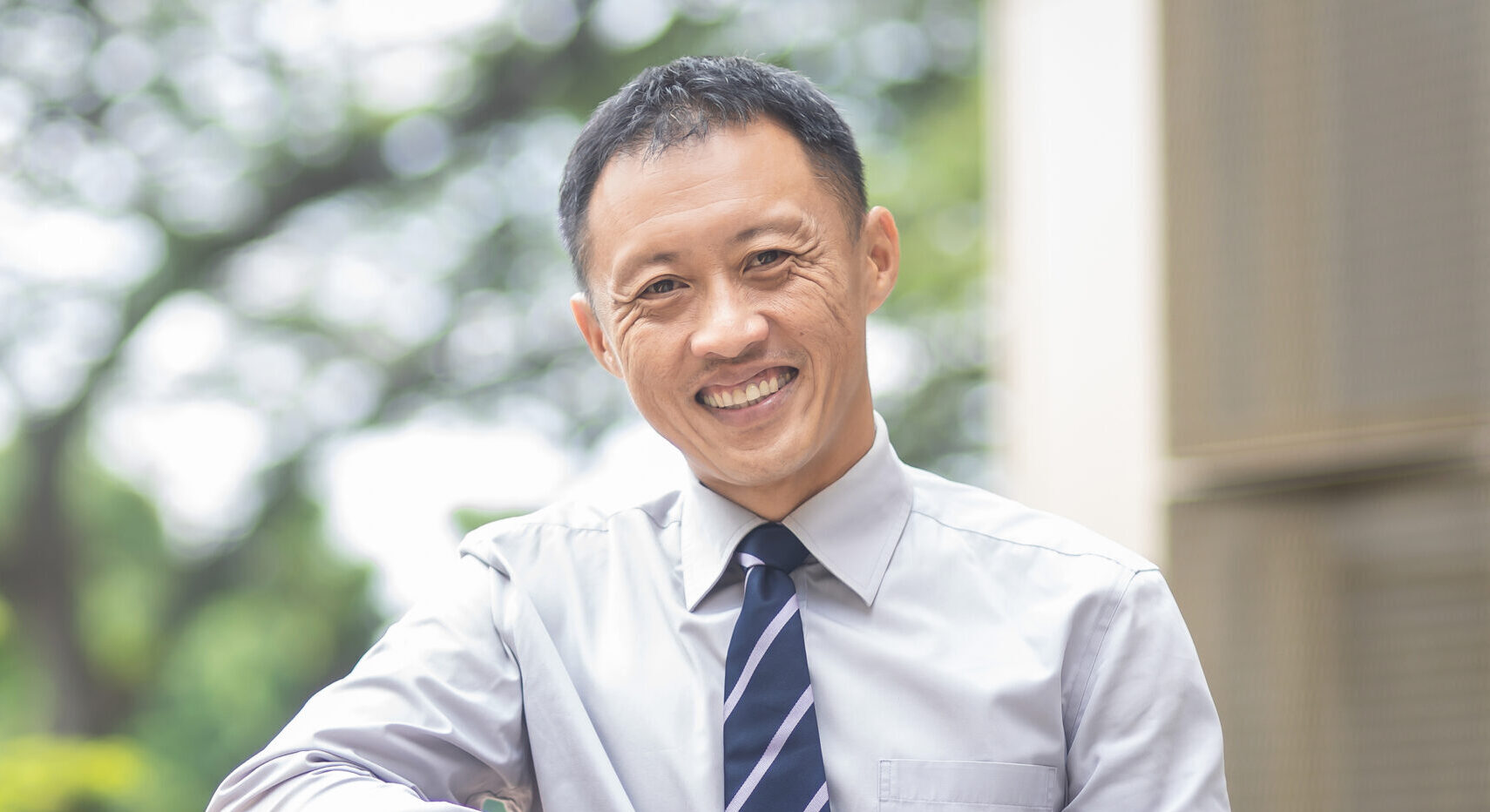
Harn Wei KUA
National University of Singapore
“What does a net carbon-negative concrete system look like?”

Harn Wei KUA
National University of Singapore
Associate Professor Kua is Dean’s Chair Associate Professor in the Department of the Built Environment, National University of Singapore. He is one of the pioneers in biochar cement research who drove this field beginning 2017. His works on the strengthening, durability and carbon capture effects of biochar on concrete are well recognized. He is a winner of the 2022 Von Klitzing International Engineering Award – an award established in honor of the 1985 Nobel laureate Klaus von Klitzing. A/P Kua’s vision is to provide the world with truly net carbon-negative concrete in the future.
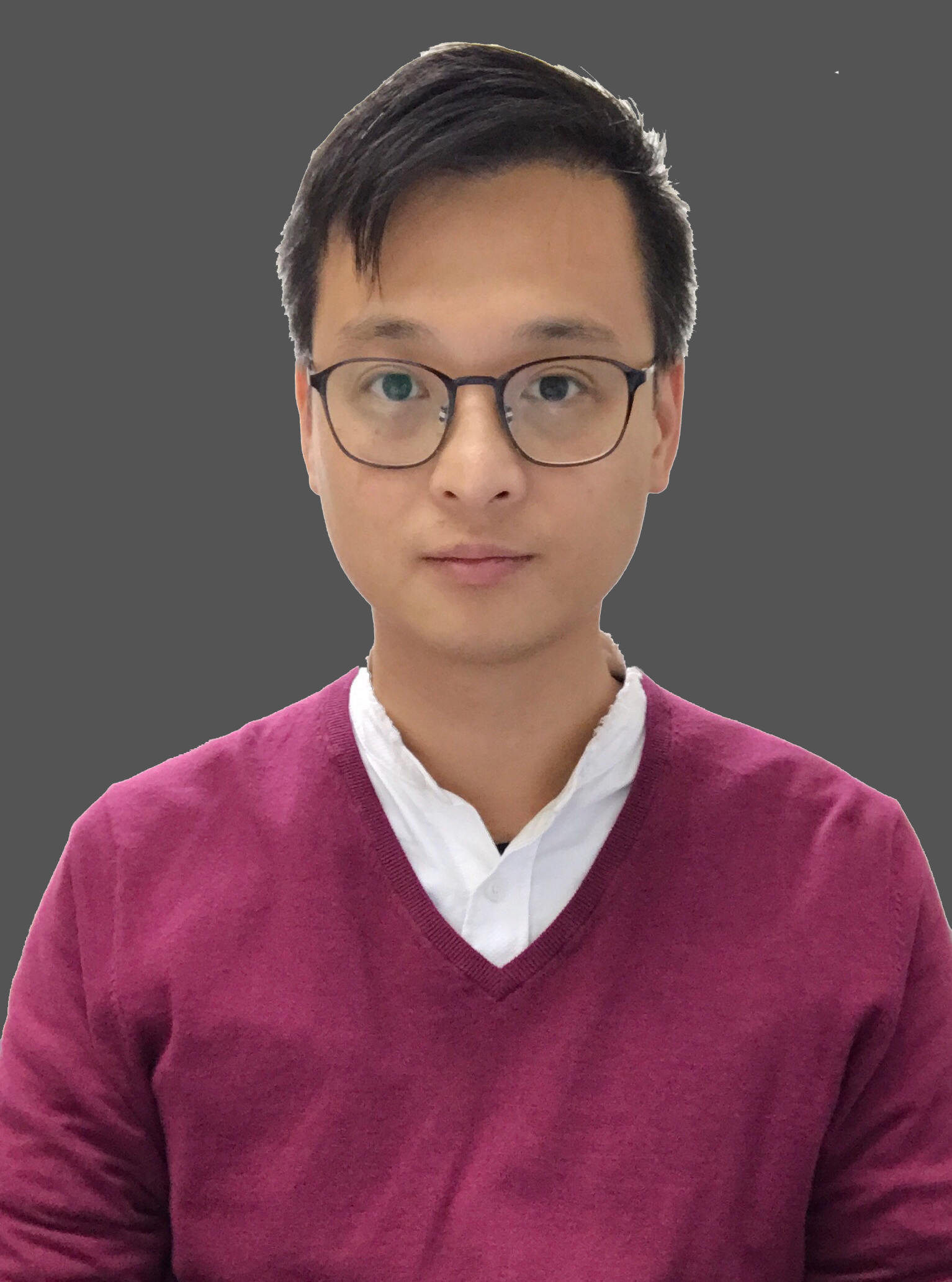
Ho Yu Au-Yeung
Hong Kong University
“Mechanically Interlocked Molecular Hosts for the Binding and Extraction of Ionic Resources”
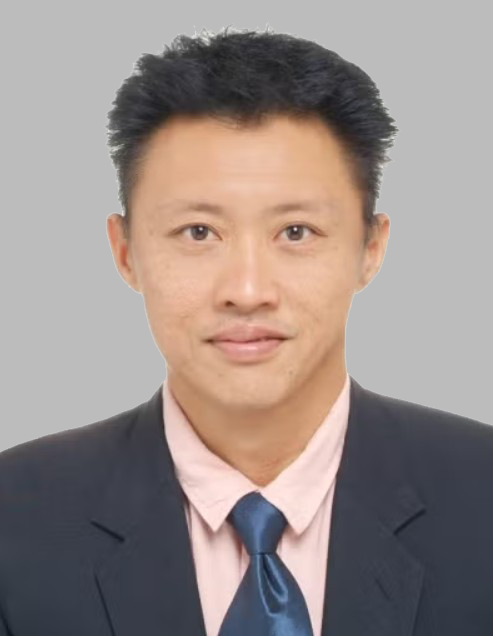
Harn Wei KUA
National University of Singapore
Associate Professor Kua is Dean’s Chair Associate Professor in the Department of the Built Environment, National University of Singapore. He is one of the pioneers in biochar cement research who drove this field beginning 2017. His works on the strengthening, durability and carbon capture effects of biochar on concrete are well recognized. He is a winner of the 2022 Von Klitzing International Engineering Award – an award established in honor of the 1985 Nobel laureate Klaus von Klitzing. A/P Kua’s vision is to provide the world with truly net carbon-negative concrete in the future.

Hui Min CHAN
DP Architects

Harn Wei KUA
National University of Singapore
Associate Professor Kua is Dean’s Chair Associate Professor in the Department of the Built Environment, National University of Singapore. He is one of the pioneers in biochar cement research who drove this field beginning 2017. His works on the strengthening, durability and carbon capture effects of biochar on concrete are well recognized. He is a winner of the 2022 Von Klitzing International Engineering Award – an award established in honor of the 1985 Nobel laureate Klaus von Klitzing. A/P Kua’s vision is to provide the world with truly net carbon-negative concrete in the future.

Hui PAN
Macau

Harn Wei KUA
National University of Singapore
Associate Professor Kua is Dean’s Chair Associate Professor in the Department of the Built Environment, National University of Singapore. He is one of the pioneers in biochar cement research who drove this field beginning 2017. His works on the strengthening, durability and carbon capture effects of biochar on concrete are well recognized. He is a winner of the 2022 Von Klitzing International Engineering Award – an award established in honor of the 1985 Nobel laureate Klaus von Klitzing. A/P Kua’s vision is to provide the world with truly net carbon-negative concrete in the future.
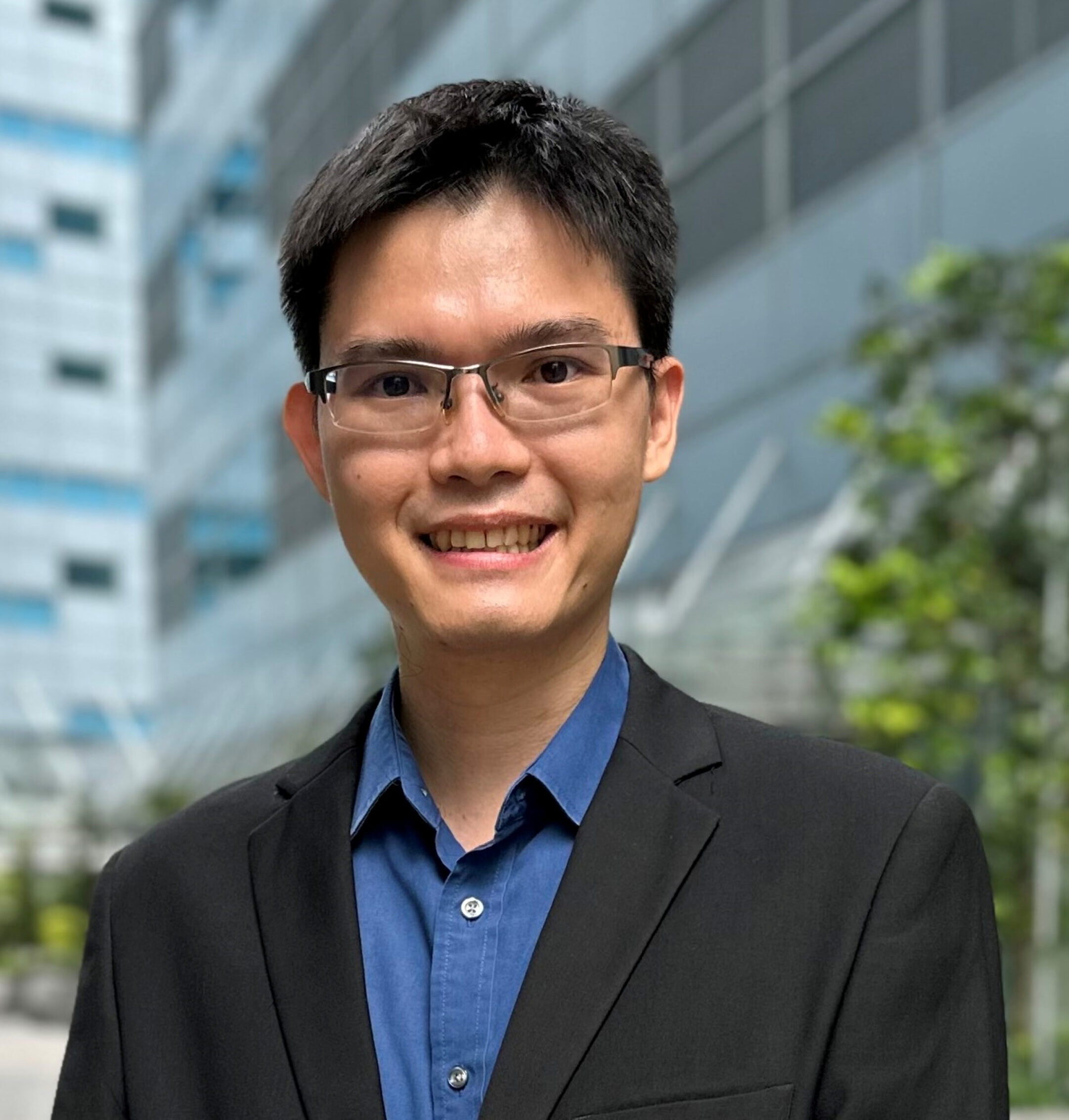
Jason LIM
A*STAR IMRE
“Polymer Backbone Editing for Enhancing Plastics Recycling and Upcycling”

Jason LIM
A*STAR IMRE
Jason Y. C. Lim obtained his DPhil in Inorganic Chemistry from the University of Oxford, U.K, and pursued postdoctoral research at the same institute on organocatalytic ring-opening polymerization. He then took up a position at the Institute of Materials Research and Engineering (IMRE), A*STAR, and now leads the Sustainable Supramolecular Materials Group. His research interests centre around plastic upcycling and recycling, green catalysis, supramolecular hydrogels and applications of MOFs in sustainability. He is a Journal of Materials Chemistry A Emerging Investigator (2024) and a recipient of the prestigious National Research Foundation Fellowship (2023) for his work on sustainable plastics upcycling.

Ji QI
Tianjin University
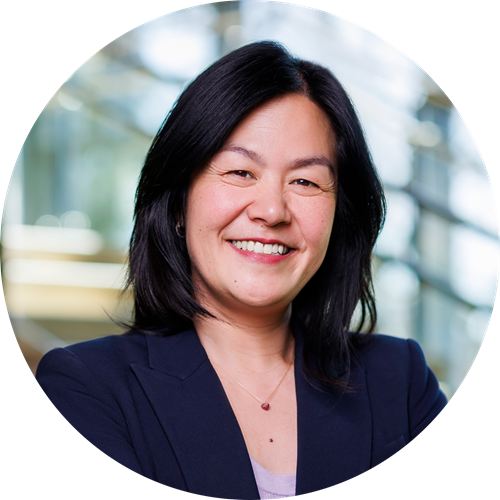
Evelyn WANG
Massachusetts Institute of Technology
Dr. Evelyn N. Wang is the Vice President for Energy and Climate and the Ford Professor of Engineering at the Massachusetts Institute of Technology (MIT). She previously served as the Senate-confirmed Director at the Advanced Research Projects Agency-Energy (ARPA-E) from 2023-2025, where she led the Agency’s development, launch, and execution of high-risk, high-reward energy research and development programs. At MIT, she developed technologies for thermal management, energy conversion and storage, and water harvesting and purification. Dr. Wang holds a Ph.D. in Mechanical Engineering from Stanford University. She also received an M.S. in Mechanical Engineering from Stanford University and a B.S. in Mechanical Engineering from MIT. She is a member of the National Academy of Engineering, and Fellow of the American Society of Mechanical Engineers, American Association for the Advancement of Science, and the American Academy of Arts and Sciences.

Jia-Hong PAN
Guangxi University
“Self-Template Synthesis of Mesoporous TiO2-Based Spheres for Photo/electrochemical Applications”

Jia-Hong PAN
Guangxi University
Jia Hong Pan earned his PhD from Inha University, South Korea, in 2007. Then he conducted postdoctoral research at Nanyang Technological University and the National University of Singapore. In October 2015, he joined North China Electric Power University as a Full Professor, and in December 2023, he moved to Guangxi University, where he currently serves as the Director of the International Joint Center for Nature‐Inspired Carbon Neutrality Solutions. Dr. Pan is a member of the Editorial Boards of Catalysis Letters and Chemistry of Inorganic Materials, and serves on the International Scientific Committee of the International Conference on Semiconductor Photochemistry, as well as the International Organizing Committee of the International Conference on Photochemical Conversion and Storage of Solar Energy. He has authored over 150 publications, which have received over 8,000 citations, achieving an h-index of 46. His current research focuses on nanostructured inorganic materials, semiconductor photocatalysis, and electrochemical energy storage.
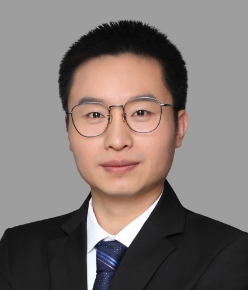
Jiangtao LIU
University of Science and Technology of China
“COF Membranes for Clean Water, Clean Air, and Clean Energy”

Jiangtao LIU
University of Science and Technology of China
Dr. Jiangtao Liu is a full Professor at University of Science and Technology of China (USTC), State Key Laboratory of Advanced Environmental Technology, and Chinese Academy of Sciences. Dr. Yan’s primary research focuses on CO2 separation and capture, water treatment, trace organic pollutant removal from water, biogas upgrading/natural gas purification, organic solvent nanofiltration, and haze removal from polluted air. Currently, professor Liu has published research papers in Science Advances (4 papers), Nature Communications(2 papers), Advanced Materials(3 papers), ACS Nano(4 papers), Nano Letters(4 papers), ACS Catalysis(1 papers), Environmental Science & Technology, Journal of Membrane Science etc. Now, he serves as the Early Career Board member of Carbon Capture Science & Technology and Advanced Membranes. He is the reviewer of Science Advances, Nature communication, Advanced Materials, JMS, and so on.

Jie GAO
Ningbo Institute of Materials Technology and Engineering, Chinese Academy of Sciences (NIMTE)
“Fabrication of Inner‐Selective Hollow Fiber Nanofiltration Membranes for Water Treatment”

Jie GAO
Ningbo Institute of Materials Technology and Engineering, Chinese Academy of Sciences (NIMTE)
Dr. Gao Jie received her Ph.D. degrees from the Department of Chemical & Biomolecular Engineering, National University of Singapore (NUS), in 2017 with the supervision of Professor Neal Chung, a world-famous membrane scientist. She is now a full-time Professor at Ningbo Institute of Materials Technology & Engineering, Chinese Academy of Sciences (CAS). Dr. Gao’s research focuses on pressure-driven membrane separation processes in applications such as seawater desalination, municipal water treatments, and heavy-metal removal. She has published more than 25 SCI-indexed papers with an average citation of 40 per paper. She also leads several grants from the government and industrial partners.
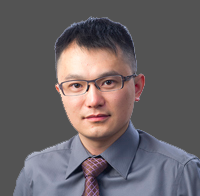
Jin SHANG
City University of Hong Kong
“Zero-Emission NO2 Capture using Divalent Metal Cation-Exchanged Zeolites for Air Purification”

Jin SHANG
City University of Hong Kong
Prof. Jin Shang is a tenured Associate Professor in the School of Energy and Environment at City University of Hong Kong, where he leads the Adsorption Separation Lab. His research focuses on adsorption-based gas separation, spanning carbon capture and removal, natural gas purification, and toxic gas extraction. He discovered the molecular trapdoor mechanism, the fourth recognized adsorption-based separation method, achieving record CO₂ selectivity. Prof. Shang has received the 2024 Carbon Capture Award for Excellent Research and the 2022 ISTP-Bogen Young Scientist Award. With 135+ publications, 8,400+ citations, and an h-index of 53, he ranks among Stanford’s top 2% most-cited scientists.

Jin ZHU
Ningbo Institute of Materials Technology and Engineering, Chinese Academy of Sciences (NIMTE)
“Syntheses and Properties of Bio-based Polyesters”

Jin ZHU
Ningbo Institute of Materials Technology and Engineering, Chinese Academy of Sciences (NIMTE)
Prof. Jin Zhu got his Ph.D. from Marquette University in 2001 and did postdoctoral research at Cornell University from 2001 to 2003. He worked at several US companies before he returned China in 2009. His major research interests are bio-based polymers. He is an associate editor of SusMat and Journal of Renewable Materials, and is an editorial board member of Chinese Polymer Bulletin, Chinese Journal of Polymer Science, Composites Part B and European Polymer Journal. He has published more than 380 research papers and 200 patents granted. The papers are cited more than 27000 from Google Scholar. Five technologies have been transferred to companies and commercialized, which include Soybean based wood adhesives, Polylactic acid foaming materials, Herb-plastic composites (invented and named), Transparent copolyesters with high Tg and furandicarboxylic acid based polyesters.
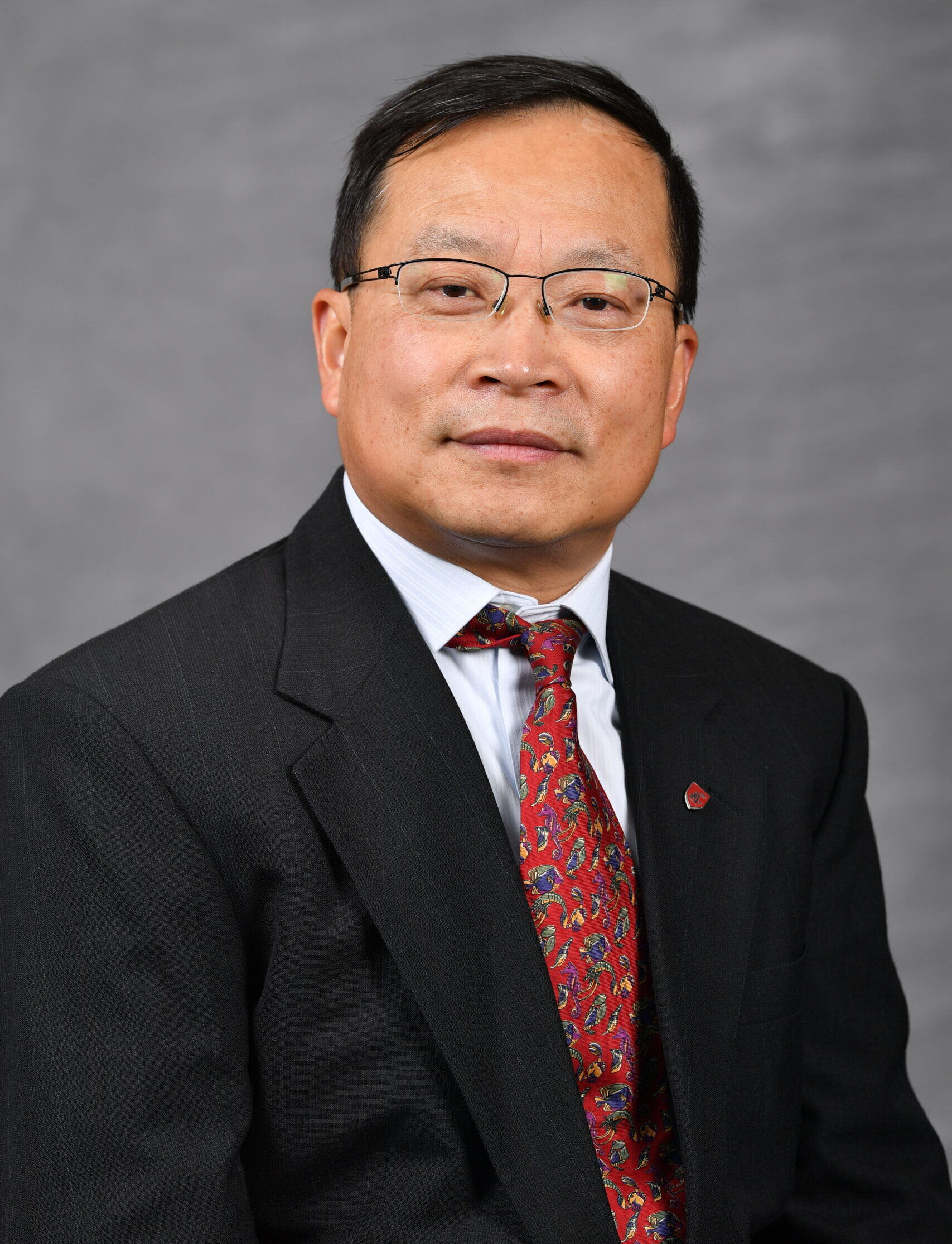
Jinwen ZHANG
Washington State University
“Catalyst-free Transesterification-enabled Epoxy Vitrimer Systems and Potential Applications”

Jinwen ZHANG
Washington State University
Jinwen Zhang received his Ph.D. in Polymer Science from the University of Massachusetts Lowell and is a professor of MSE at Washington State University. With nearly 30 years of experience, he is an expert in sustainable polymers, focusing on biobased materials, recyclable thermosets, and chemical recycling of plastic and composites. He holds 15 U.S. patents, has published over 140 journal articles and authored an edited book. He is the recipient of the Tan Chin Tuan Exchange Fellowship in Engineering (2023) from NTU and is a Senior Member of National Academy of Inventors.
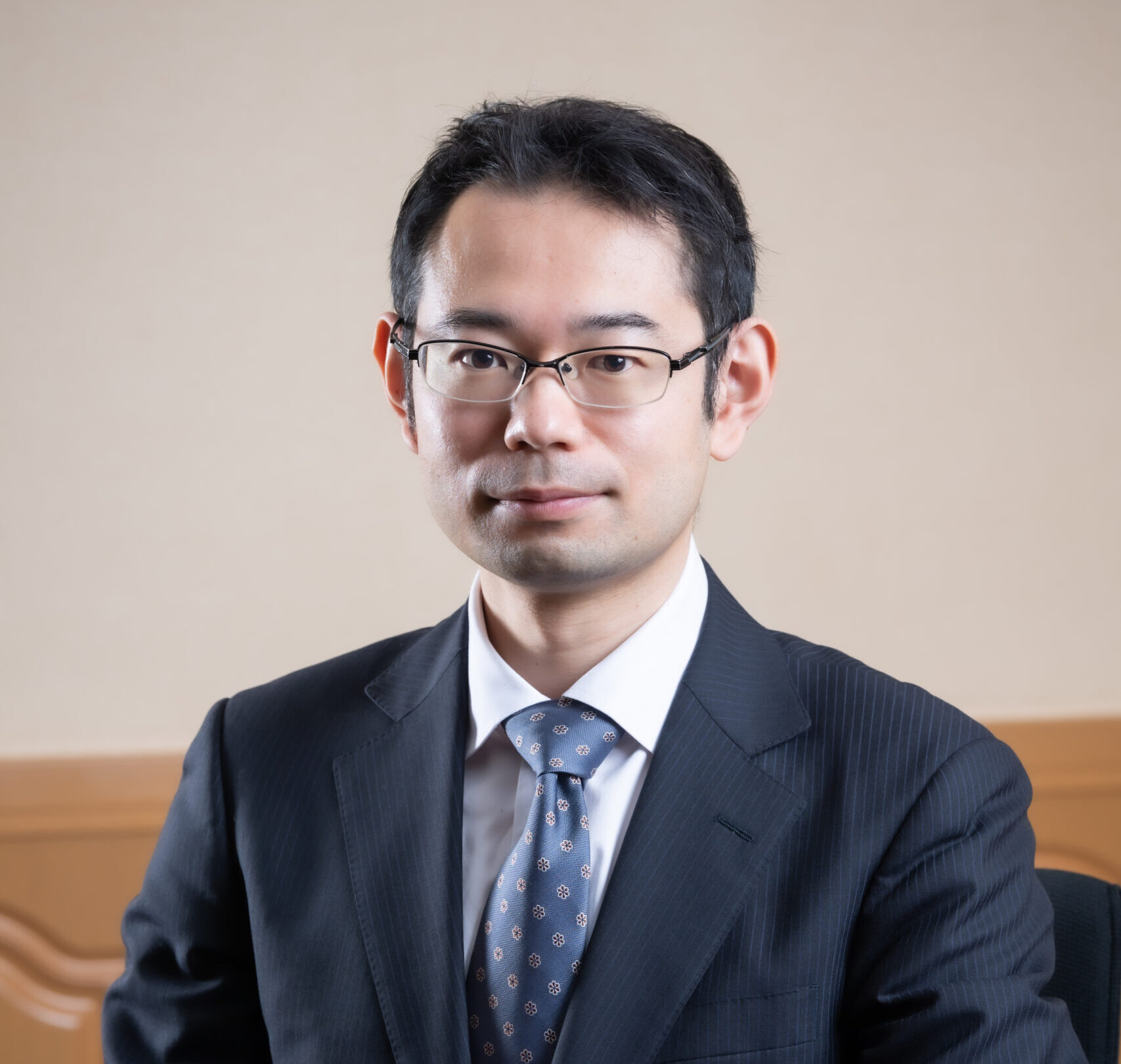
Ken SAKAUSHI
National Institute of Materials Science, Japan
“Accelerated Discovery of Electrochemical Materials by Human-AI Collaborations”

Ken SAKAUSHI
National Institute of Materials Science, Japan
Ken Sakaushi is a Team Leader at National Institute for Materials Science, focusing on electrochemical energy conversion. His team studies electrode processes and develops advanced electrocatalysts through experiments, theory, and data science. He earned his Ph.D. from IFW Dresden/TU Dresden on a DAAD Fellowship and then did postdoc at Max Planck Institute of Colloids and Interfaces on a Max Planck Society stipend. He became a tenured scientist at NIMS in 2015, and Associate Professor at the University of Tsukuba in 2021. He has received multiple awards, including honors from MEXT, CSJ, and Churchill College, Cambridge.
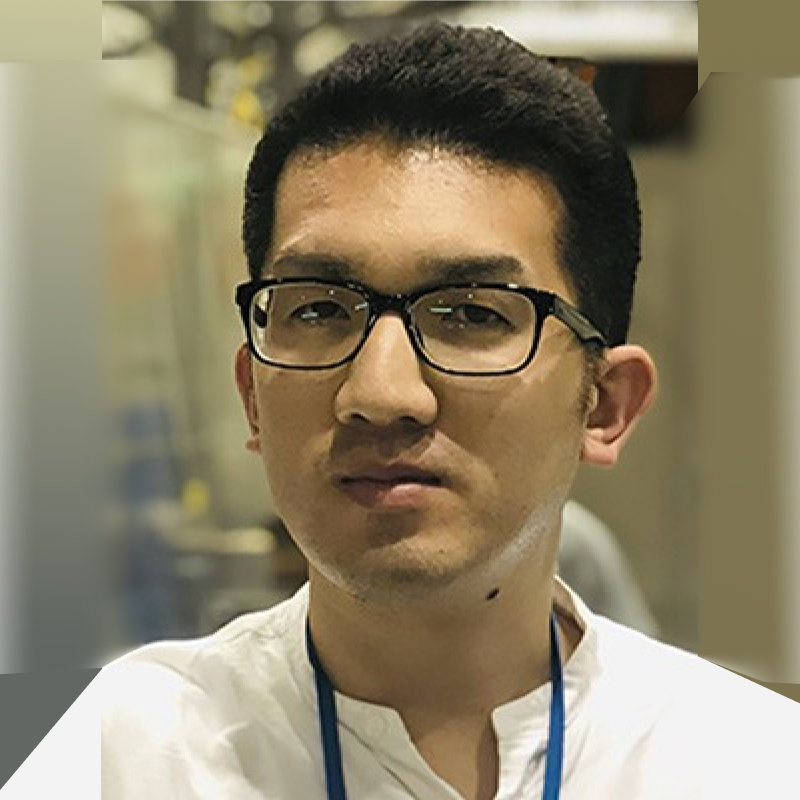
Ken-Ichi OTAKE
Kyoto University
“Harnessing Framework Flexibility: Dynamic Nanopores in Metal–Organic Frameworks for Efficient Gas Separation”

Ken-Ichi OTAKE
Kyoto University
Ken-ichi Otake is an Associate Professor at the Institute for Integrated Cell-Material Sciences (iCeMS), Kyoto University, in Professor Kitagawa’s group. He received his Ph.D. from Kyoto University in 2016 and conducted postdoctoral research at Northwestern University with Professors Joseph Hupp and Omar Farha. His research focuses on porous materials, particularly metal–organic frameworks (MOFs), and on elucidating the relationship between their structures and functions using advanced crystallographic techniques. He has received several honors, including the Chemical Society of Japan Award for Young Chemists (2024).
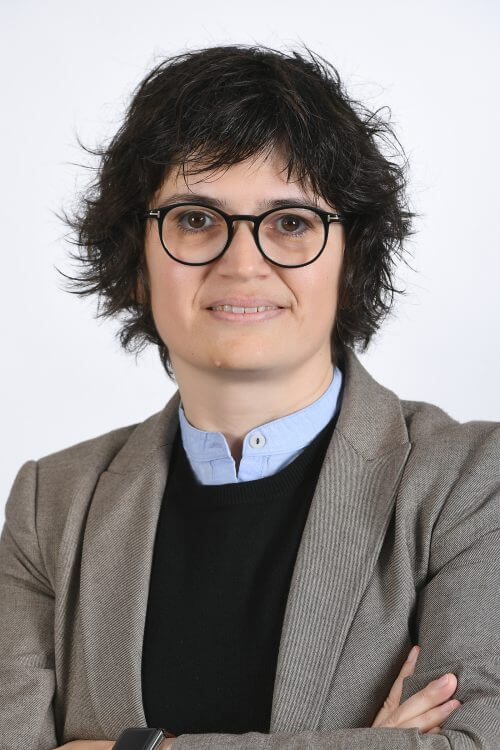
Kyriaki POLYCHRONOPOULOU
Khalifa University
“Investigation of electrocatalytic methanol oxidation performance of Nickel supported on ternary CeLaCuO nanoparticles”

Kyriaki POLYCHRONOPOULOU
Khalifa University
Kyriaki Polychronopoulou is Full Professor of Mechanical and Nuclear Engineering at Khalifa University, Director of CeCaS since 2018, and Visiting Professor at ETH-Zurich. She founded the CeCaS spin-off ‘44Fuels’ to translate decarbonization research into industry. Listed among the world’s top scientists, she is a member of the Mohammed Bin Rashid Academy of Scientists and part of the UAE Ministry of Industry and Advanced Technology taskforce for unified national research. CeCaS is a strategic center supporting UAE priorities in energy transition and alternative fuels through interdisciplinary research and innovation.

Lian ZHANG
Monash University
“Catalytic Fast Pyrolysis of Lignocellulosic Biomass For the Production of Platform Chemicals”

Lian ZHANG
Monash University
Dr Lian Zhang is a full-time Professor in the Department of Chemical and Biological Engineering, Monash University, Australia. He is also the Director of a National Research Hub on Value-Added Processing of Carbon Waste funded by the Australian Research Council (ARC). Dr Zhang’s research interests include high-temperature combustion and gasification, catalytic fast pyrolysis of carbon waste, process intensification and CCUS. He is the Inaugural ARC Future Fellowship and Editor of Clean Technologies and Recycling, and Chemical Reactions and Processes. He is also the Guest Editor of Environmental Chemistry Letter (ECL) and Chemical Engineering Journal (CEL) in 2025.

Maria NEIRA
World Health Organization

Evelyn WANG
Massachusetts Institute of Technology
Dr. Evelyn N. Wang is the Vice President for Energy and Climate and the Ford Professor of Engineering at the Massachusetts Institute of Technology (MIT). She previously served as the Senate-confirmed Director at the Advanced Research Projects Agency-Energy (ARPA-E) from 2023-2025, where she led the Agency’s development, launch, and execution of high-risk, high-reward energy research and development programs. At MIT, she developed technologies for thermal management, energy conversion and storage, and water harvesting and purification. Dr. Wang holds a Ph.D. in Mechanical Engineering from Stanford University. She also received an M.S. in Mechanical Engineering from Stanford University and a B.S. in Mechanical Engineering from MIT. She is a member of the National Academy of Engineering, and Fellow of the American Society of Mechanical Engineers, American Association for the Advancement of Science, and the American Academy of Arts and Sciences.
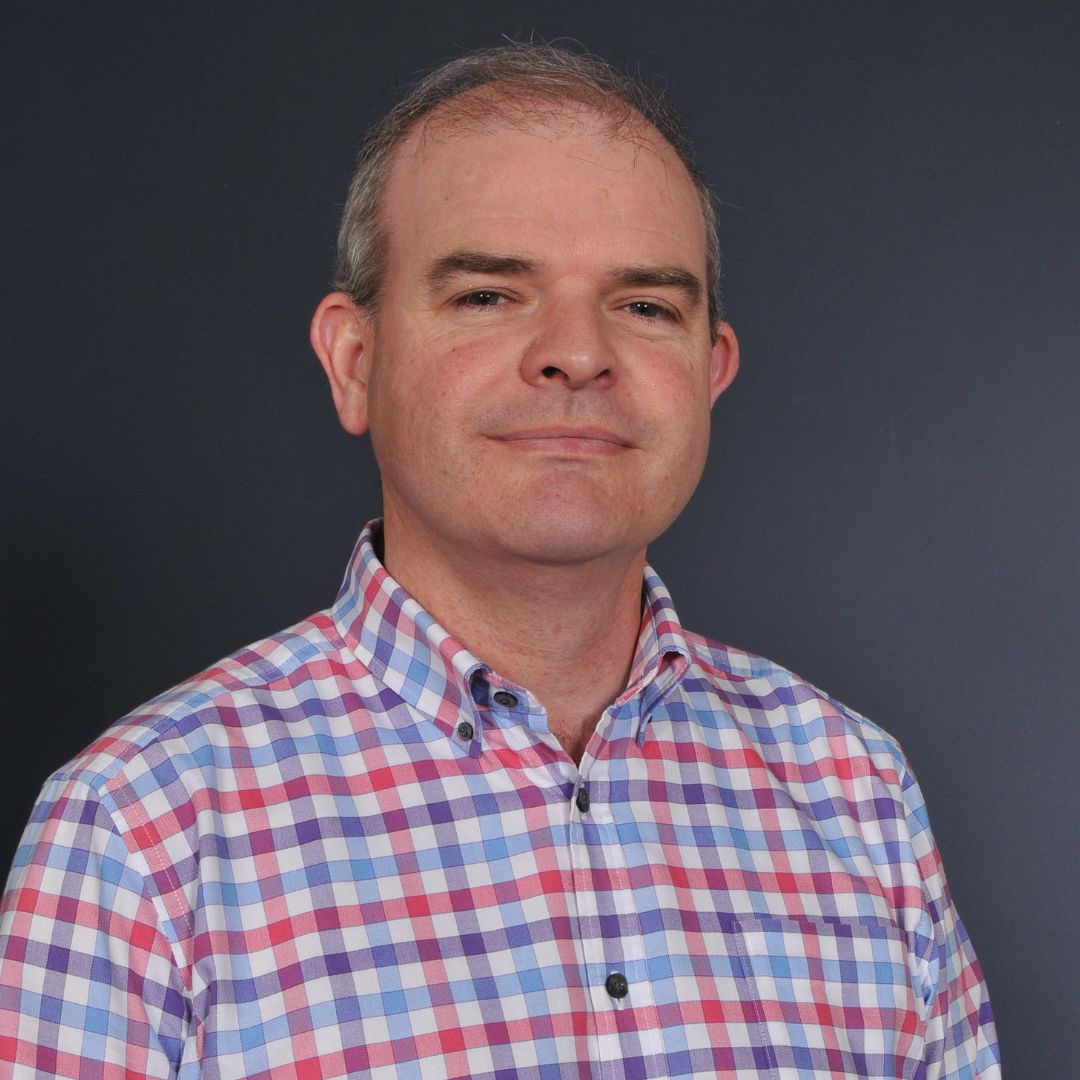
Nicholas LONG
Imperial College London
“Organometallic-enhanced nanoelectronics and solar cells”

Nicholas LONG
Imperial College London
Nick Long holds the Sir Edward Frankland BP Endowed Chair in Inorganic Chemistry at Imperial College London. He is a leader in applied inorganic and organometallic chemistry, with interests on the synthesis of functional electronic and renewable energy materials, homogeneous catalysts and probes for biomedical imaging. He has over 250 publications, with 17000 citations, an h-index of 61, and i10-index of 188. His work has recently been recognised by a Royal Society Wolfson Merit Award (2018), the Royal Society of Chemistry (RSC) Frankland Award (2020), the RSC Interdisciplinary Prize (2023) and the Fellowship of the European Academy of Sciences.

Osamu TSUTSUMI
Ritsumeikan
“Photo-Gradient Polymerization for Precisely Tuned Helical Structures in Chiral Nematic Liquid Crystals”

Osamu TSUTSUMI
Ritsumeikan
Osamu Tsutsumi is Professor of Polymer Materials Chemistry at Ritsumeikan University. He earned his B.Eng. in Applied Chemistry from Kumamoto University in 1993 and his Ph.D. from Tokyo Institute of Technology in 1998, where he was also a JSPS research fellow. From 1998–1999, he conducted postdoctoral research with Dr. Seth Marder at Caltech and the University of Arizona. He then served as Assistant Professor at TokyoTech (1999–2002) and Research Scientist at Ebara Research Co., Ltd. (2003–2007). He joined Ritsumeikan University as Associate Professor in 2007 and has been Professor since 2014.
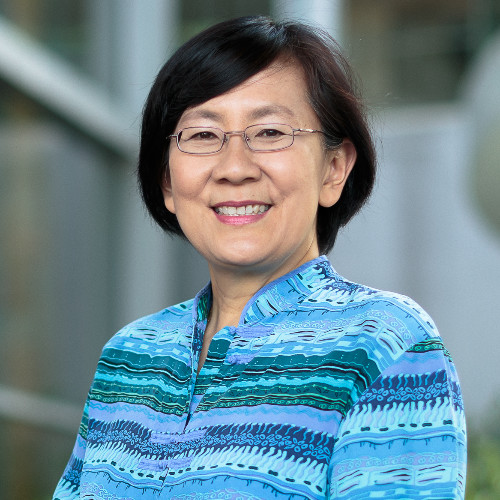
Paulin STRAUGHAN
Singapore Management University
“Facilitating sustainable built and social environments for health ageing and well-being”

Paulin STRAUGHAN
Singapore Management University
Professor Paulin Straughan is the Director of the Centre for Research on Successful Aging (ROSA). Her research activities focus largely on Sociology of health; well-being and Ageing, and work and Family. She is Principal Investigator (PI) of four projects which have been awarded more than S$10 million by the various ministries from 2018-2022. She was a Nominated Member of Parliament from 2009 to 2011, during which she argued for work-life balance and the nurture of a more pro-family social environment.

Phanism PURANAM

Paulin STRAUGHAN
Singapore Management University
Professor Paulin Straughan is the Director of the Centre for Research on Successful Aging (ROSA). Her research activities focus largely on Sociology of health; well-being and Ageing, and work and Family. She is Principal Investigator (PI) of four projects which have been awarded more than S$10 million by the various ministries from 2018-2022. She was a Nominated Member of Parliament from 2009 to 2011, during which she argued for work-life balance and the nurture of a more pro-family social environment.
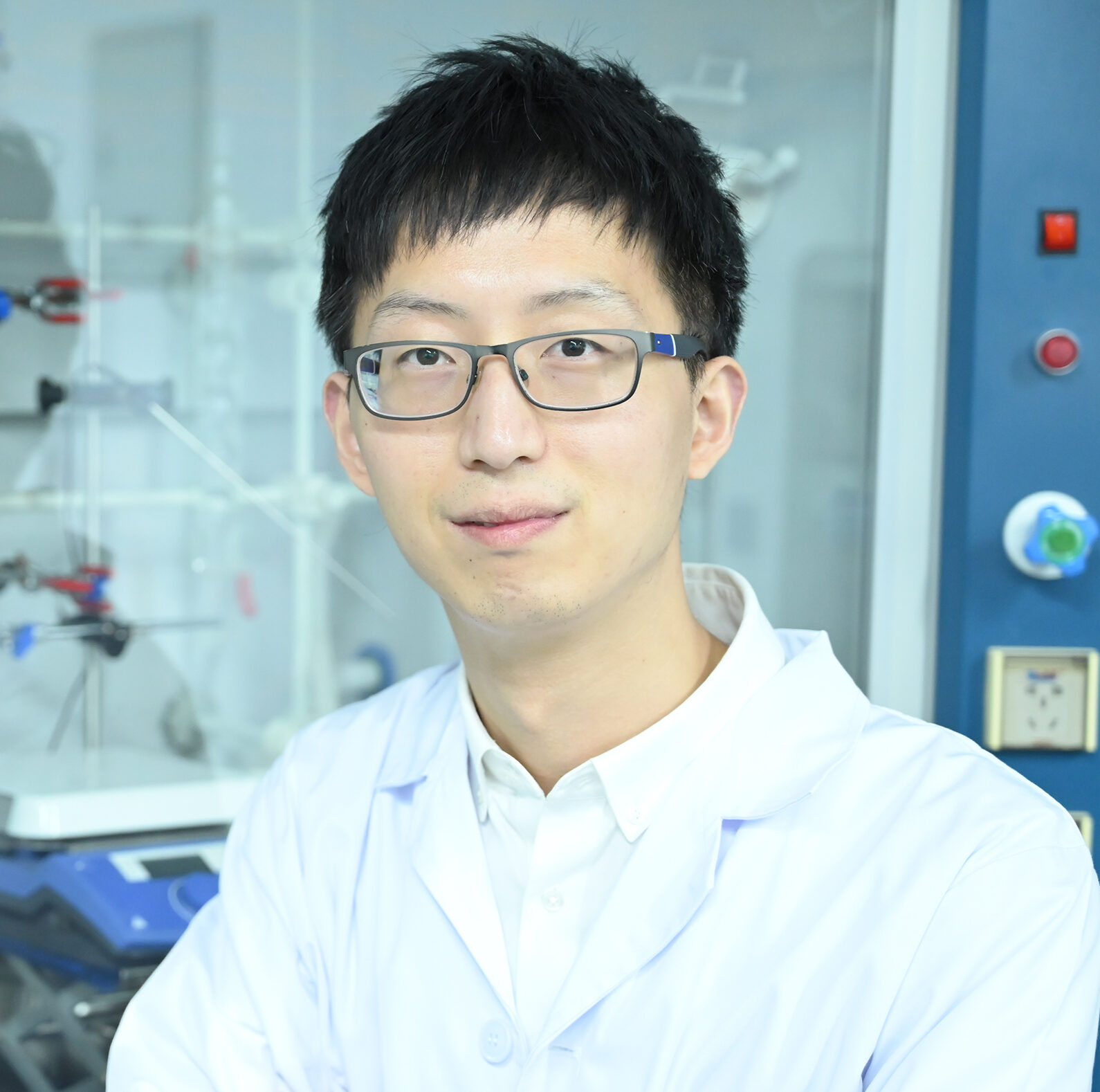
Qi ZHANG
East China University of Science and Technology
“Supramolecular Chemical Recycling of Dynamic Polymers”

Qi ZHANG
East China University of Science and Technology
Dr. Qi Zhang obtained his PhD degree (Jan. 2020) in ECUST under the supervision of Prof. He Tian. Then he spent three years in the Feringa group as a postdoc researcher funded by Marie-Curie Individual Fellowship. Since May 2023, he has become a full professor in ECUST, running his own lab of “Dynamic Disulfide Chemistry”. His research interests will feature the fundamental studies of disulfide-based dynamic chemistry, meanwhile seeking for the chemical solutions to the multidisciplinary problems in sustainable polymers, biomimetic smart materials and applied biomaterials.
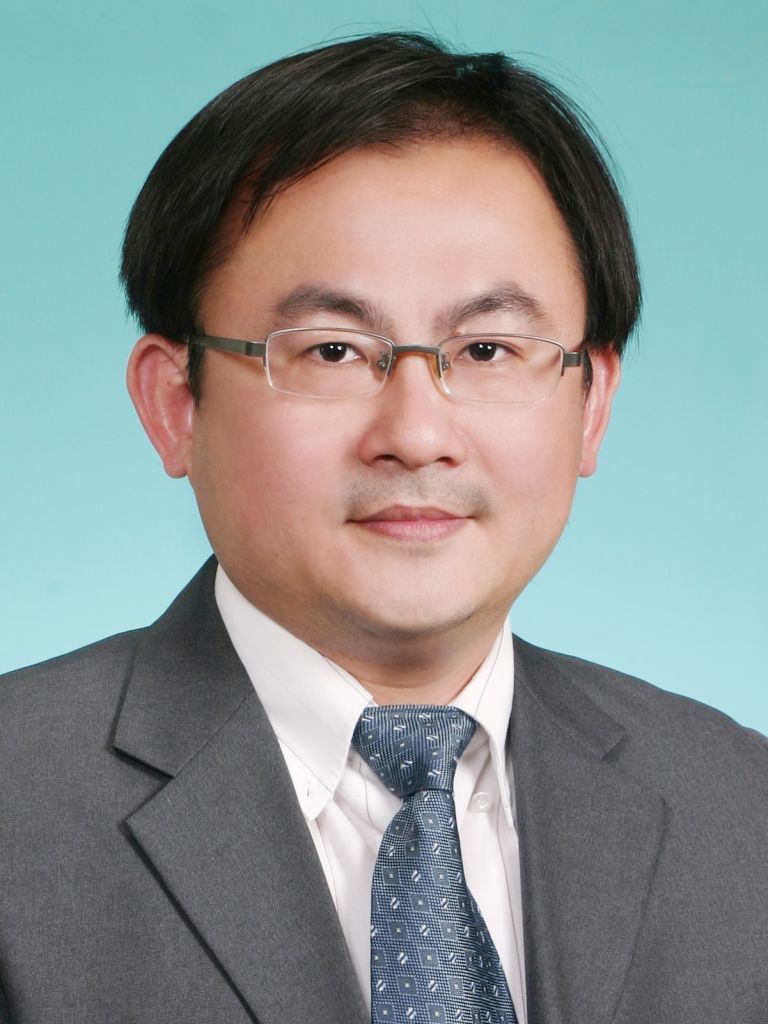
Rong-Ho LEE
National Chung Hsing University
“Design and Synthesis of Triazine-Based Covalent Organic Frameworks for Energy and Photocatalytic Applications”

Rong-Ho LEE
National Chung Hsing University
Rong-Ho Lee received his Ph.D. (1998) in Chemical Engineering from National Tsing Hua University (Hsinchu, Taiwan). From 1999 to 2003, he worked as an engineer at the Industrial Technology Research Institute (ITRI, Hsinchu, Taiwan). In 2004, he joined the Department of Chemical and Materials Engineering at National Yunlin University of Science and Technology (NYUST, Yunlin County, Taiwan) as an Assistant Professor. He was promoted to Associate Professor in 2008 and, two years later, moved to the Department of Chemical Engineering at National Chung Hsing University (NCHU, Taichung, Taiwan). In 2014, he was promoted to full Professor at NCHU. He has received numerous awards, including the 2009 MOST Wu Ta-You Memorial Award, the 2011 NCHU Distinguished Young Professor Award, the 2013 NCHU Outstanding Research Award, the 2017 NCHU Excellent Academia–Industry Collaboration Award, and the 2024 MOST Excellent Academia–Industry Collaboration Award. His current research focuses on the synthesis of novel polymer composites for energy conversion, energy storage, and photocatalysis. To date, he has published over 130 articles in peer-reviewed scientific journals.
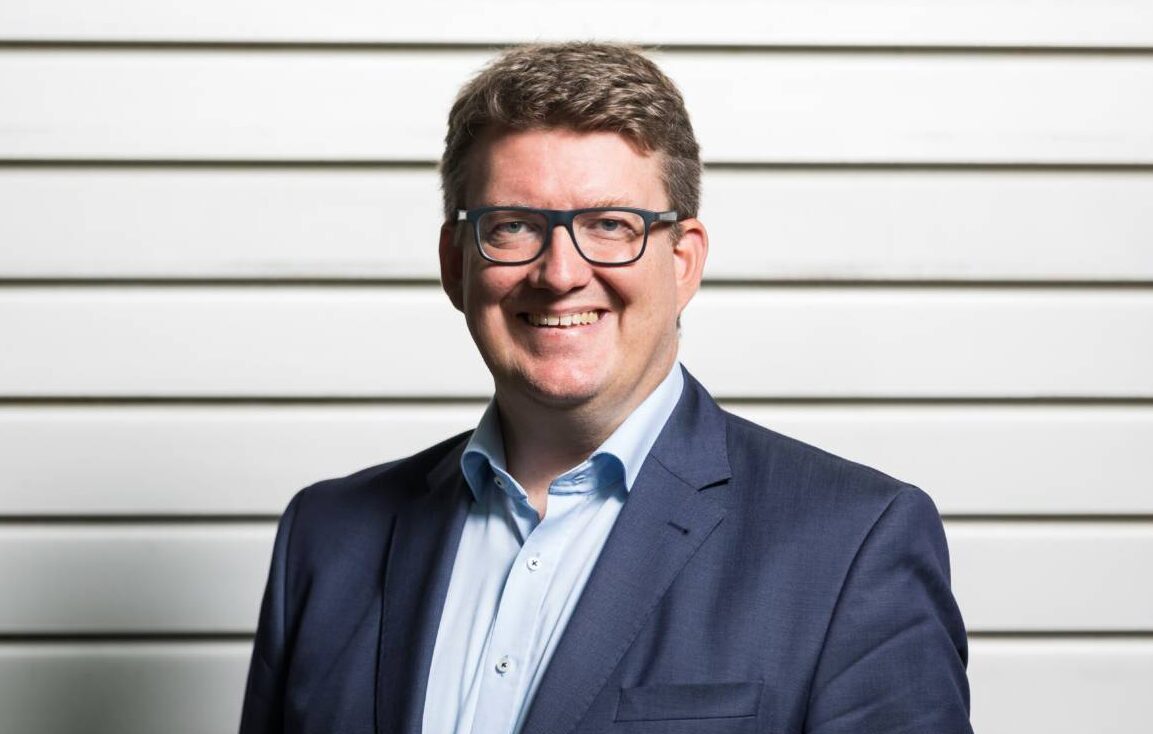
Rüdigel-A. Eichel
Forschungszentrum Jülich GmbH
“Green Hydrogen as an Energy Vector for the Decarbonization of Hard-to-Abate Industrial Key Sectors”

Rüdigel-A. Eichel
Forschungszentrum Jülich GmbH
Prof. Dr. Rüdiger-A. Eichel is Scientific Director of the Institute of Energy Technologies (IET-1: Fundamental Electrochemistry) at Forschungszentrum Jülich and holds the Chair for Materials & Processes of Electrochemical Energy Storage & Conversion at RWTH Aachen University. His research focuses on high-temperature electrolysis, electrochemical conversion systems and sector-coupling via “Power-to-X” as enablers for a green-hydrogen economy and carbon circular economy. He coordinates major flagship projects such as the Kopernikus‑Projekt P2X and is in the coordination board of the project H2Giga, driving the deployment of megawatt-scale electrolyzers for green hydrogen production and industrial integration. With over 200 peer-reviewed publications and recognition as a “Highly Cited Researcher”, he has made significant contributions to the electrochemical sciences underpinning sustainable energy and hydrogen vectors.
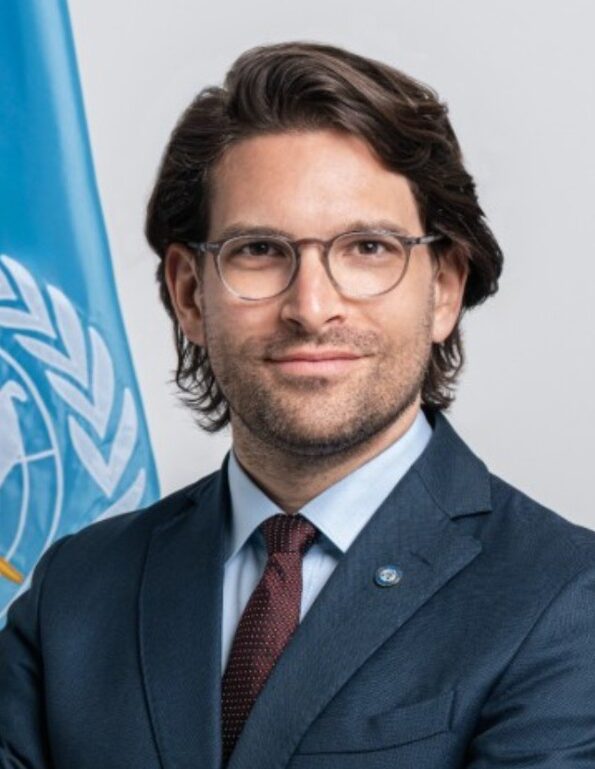
Sandro DEMAIO
World Health Organization

Evelyn WANG
Massachusetts Institute of Technology
Dr. Evelyn N. Wang is the Vice President for Energy and Climate and the Ford Professor of Engineering at the Massachusetts Institute of Technology (MIT). She previously served as the Senate-confirmed Director at the Advanced Research Projects Agency-Energy (ARPA-E) from 2023-2025, where she led the Agency’s development, launch, and execution of high-risk, high-reward energy research and development programs. At MIT, she developed technologies for thermal management, energy conversion and storage, and water harvesting and purification. Dr. Wang holds a Ph.D. in Mechanical Engineering from Stanford University. She also received an M.S. in Mechanical Engineering from Stanford University and a B.S. in Mechanical Engineering from MIT. She is a member of the National Academy of Engineering, and Fellow of the American Society of Mechanical Engineers, American Association for the Advancement of Science, and the American Academy of Arts and Sciences.
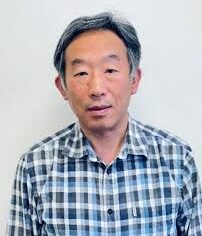
Shaobin WANG
The University of Adelaide
“Carbon-based materials for catalytic reactions ”

Shaobin WANG
The University of Adelaide
Prof. Shaobin Wang obtained the degrees of BSc and MSc in Chemistry from Peking University and PhD in Chemical Engineering from the University of Queensland (Australia). He has been a John Curtin Distinguished Professor at Curtin University (Australia) and is now a Laureate Professor at the School of Chemical Engineering, the University of Adelaide (Australia). His research interests focus on nanomaterial synthesis and application for adsorption and catalysis, fuel and energy conversion and environmental remediation. He was awarded 2012 Thomson Reuters Citation & Innovation Awards in Australia and is listed as a highly cited researcher in Engineering, Chemistry and Environment & Ecology in 2016-2022. He is a co-editor of Journal of Colloid and Interface Science and an editor of Applied Catalysis B: Environmental as well as an editorial board member of several international journals.

Shaojun YUAN
Sichuan University

Evelyn WANG
Massachusetts Institute of Technology
Dr. Evelyn N. Wang is the Vice President for Energy and Climate and the Ford Professor of Engineering at the Massachusetts Institute of Technology (MIT). She previously served as the Senate-confirmed Director at the Advanced Research Projects Agency-Energy (ARPA-E) from 2023-2025, where she led the Agency’s development, launch, and execution of high-risk, high-reward energy research and development programs. At MIT, she developed technologies for thermal management, energy conversion and storage, and water harvesting and purification. Dr. Wang holds a Ph.D. in Mechanical Engineering from Stanford University. She also received an M.S. in Mechanical Engineering from Stanford University and a B.S. in Mechanical Engineering from MIT. She is a member of the National Academy of Engineering, and Fellow of the American Society of Mechanical Engineers, American Association for the Advancement of Science, and the American Academy of Arts and Sciences.

Sheng WANG
Ningbo Institute of Materials Technology and Engineering, Chinese Academy of Sciences
“High-Performance Recyclable Thermosets enabled by Polarized C=C Bonds”

Sheng WANG
Ningbo Institute of Materials Technology and Engineering, Chinese Academy of Sciences
Dr. Sheng Wang received his Ph.D. from the Ningbo Institute of Materials Technology & Engineering(NIMTE), CAS in 2021. He then worked as a Research Scientist at A*STAR, Singapore, and join NIMTE as a Professor in March 2025. He has published 56 papers, including 20 as first/corresponding author in top journals such as JACS, Angew. Chem., Nat. Commun., PNAS, and Macromolecules, with >4000 citations, and an H-index of 32. He was listed among Stanford’s Top 2% Scientists (2023&2024).

Shinya FURUKAWA
The University of Osaka
“Design of Multinary Alloy Catalyst for Efficient Olefin Production and CO2 Utilization”

Shinya FURUKAWA
The University of Osaka
Shinya Furukawa received his B.Eng., M.Eng. and Ph.D. from Kyoto University in Mar. 2012. He joined Tokyo Institute of Technology as an assistant professor in Apr. 2012. He moved to Hokkaido University as an associate professor in Jun. 2016, then promoted to full professor in Osaka University in May 2023. He specializes in heterogeneous catalysis using advanced multimetallic materials. He has (co-)authored more than 100 papers in which his catalyst design concept, which is highly flexible, expandable, and multifunctional, has achieved drastic improvements in catalytic performance in highly demanded molecular conversions such as hydrocarbon refining, CO2 utilization, and hydrogen production.

Shogo HAMADA
Institute of Science Tokyo
“Development and Applications of Slime-type Molecular Robots”

Shogo HAMADA
Institute of Science Tokyo
Dr. Shogo Hamada is an Assistant Professor (PI) at the Institute of Science Tokyo. He earned his Doctor of Engineering from Tokyo Institute of Technology in 2011 and has held positions at Tohoku University as Assistant Professor and Specially Appointed Lecturer, and at Cornell University as a Kavli Postdoctoral Fellow, Research Associate, and Lecturer. He rejoined Tokyo Tech in 2023 and assumed his current position in 2024. He also serves as Director of the Biomolecular Design Institute, Japan, and as CTO of DASH Materials, Inc. His research focuses on nanobio systems engineering, developing biomolecular systems for robotics, healthcare, and materials.

Sook Fun WONG
Temasek Polytechnic
“Development of Concrete Footpaths incorporating Recycled Mixed Plastics”

Sook Fun WONG
Temasek Polytechnic
Dr Wong Sook Fun is Lead Scientist (Built Environment), former Head of Centre for Urban Sustainability (CUS), and Senior Lecturer at Temasek Polytechnic (TP). She is an International Board Member and Scientific Committee Member of the International Congress on Polymers in Concrete (ICPIC). She is also a Director of American Concrete Institute-Singapore Chapter (ACI-SC).
Dr Wong obtained BE(Hons) (Civil Engineering) & MEngSci (Materials Engineering) from Monash University; and PhD (Civil Engineering) from National University of Singapore (NUS). She was the recipient of Scott and Furphy Engineers Pty Ltd Prize in Australia and SsangYong Young Concrete Researcher Award in Singapore. She also received the Monash Research Scholarship in Australia and NUS Research Scholarship in Singapore.
Dr Wong represents TP in the Centre of Innovation Built Environment-Advanced Materials (COIBE-AM) as Committee Member to achieve innovative project deliverables and industry engagements under the Enterprise Singapore (ESG}’s Innovation Infrastructure Funding. She is also a Member of the Urban Greenery Technical Committee for Singapore Green Building Council (SGBC).
Dr Wong’s fields of expertise include Civil, Structural and Environmental Engineering as well as Materials Science and Technology. She has more than 18 years of experience working in these areas. Her research interests cover sustainable development of composites and structural components; integration of materials design with structural performance for the built environment; advanced manufacturing such as 3D printing of cementitious composites as well as utilization of recycled waste materials and industrial by-products. She has published over 60 journal articles and international conference papers; and she is a Reviewer of ACI Materials Journal and ACI Structural Journal published by ACI (International) in USA.
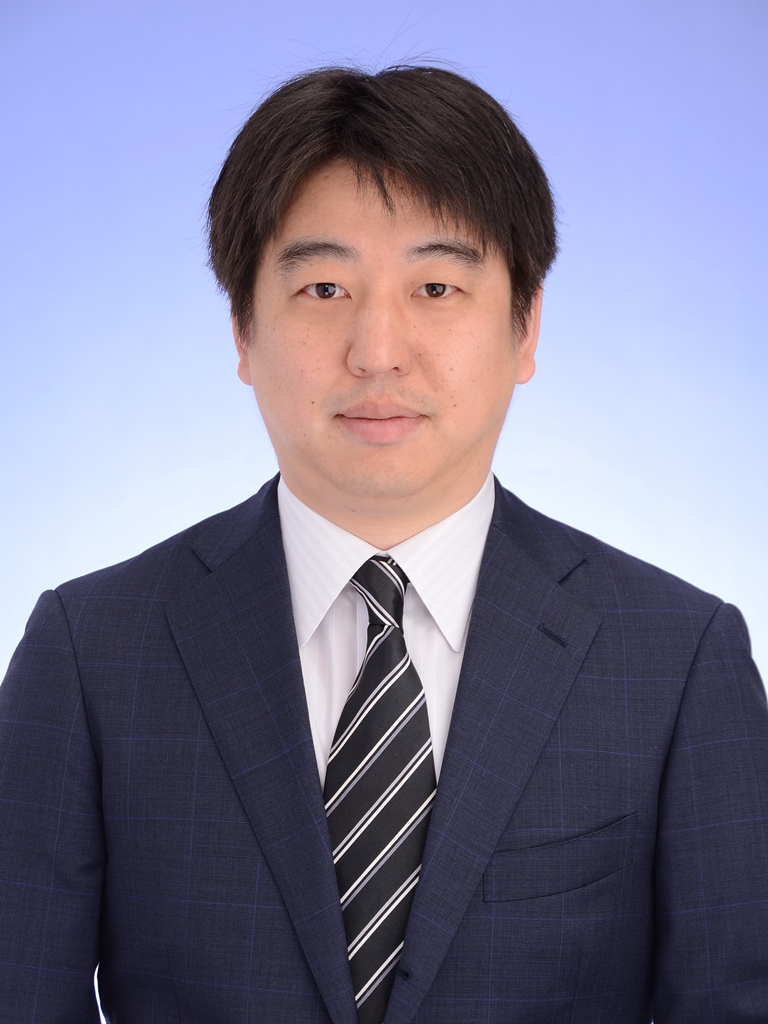
Takahiro SUZUKI
Hokkaido University
“Total Syntheses of Bioactive Natural Products by Rapid Framework Construction Strategies”

Takahiro SUZUKI
Hokkaido University
Takahiro Suzuki, Ph.D., is Associate Professor of Chemistry at Hokkaido University. He earned his Ph.D. at Waseda University under Prof. Masahisa Nakada, followed by postdoctoral research with Prof. K. C. Nicolaou at The Scripps Research Institute and ICES, Singapore. He previously held faculty positions at Tokyo University of Science and Waseda University before joining Hokkaido University in 2014. His research focuses on the total synthesis of bioactive natural products and the development of novel synthetic strategies, aiming to create efficient methods to construct complex molecular architectures with potential applications in medicine and related fields.
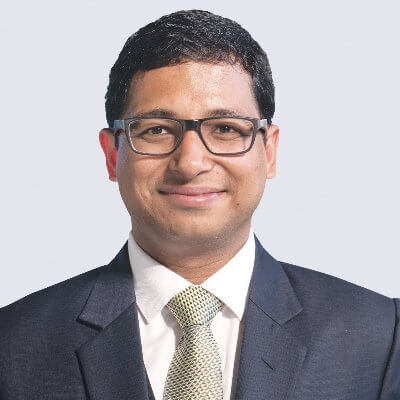
Tej S. CHOKSI
NTU
“Unravelling Insights in Biomass Conversion Using Reaction Energetics Computed Under Non-ideal Conditions”

Evelyn WANG
Massachusetts Institute of Technology
Dr. Evelyn N. Wang is the Vice President for Energy and Climate and the Ford Professor of Engineering at the Massachusetts Institute of Technology (MIT). She previously served as the Senate-confirmed Director at the Advanced Research Projects Agency-Energy (ARPA-E) from 2023-2025, where she led the Agency’s development, launch, and execution of high-risk, high-reward energy research and development programs. At MIT, she developed technologies for thermal management, energy conversion and storage, and water harvesting and purification. Dr. Wang holds a Ph.D. in Mechanical Engineering from Stanford University. She also received an M.S. in Mechanical Engineering from Stanford University and a B.S. in Mechanical Engineering from MIT. She is a member of the National Academy of Engineering, and Fellow of the American Society of Mechanical Engineers, American Association for the Advancement of Science, and the American Academy of Arts and Sciences.

Tony TANG
SMU
“Fluent Human-Robot Interaction”

Evelyn WANG
Massachusetts Institute of Technology
Dr. Evelyn N. Wang is the Vice President for Energy and Climate and the Ford Professor of Engineering at the Massachusetts Institute of Technology (MIT). She previously served as the Senate-confirmed Director at the Advanced Research Projects Agency-Energy (ARPA-E) from 2023-2025, where she led the Agency’s development, launch, and execution of high-risk, high-reward energy research and development programs. At MIT, she developed technologies for thermal management, energy conversion and storage, and water harvesting and purification. Dr. Wang holds a Ph.D. in Mechanical Engineering from Stanford University. She also received an M.S. in Mechanical Engineering from Stanford University and a B.S. in Mechanical Engineering from MIT. She is a member of the National Academy of Engineering, and Fellow of the American Society of Mechanical Engineers, American Association for the Advancement of Science, and the American Academy of Arts and Sciences.
-e1762424865232.jpg)
Wei HUANG
Peking University

Evelyn WANG
Massachusetts Institute of Technology
Dr. Evelyn N. Wang is the Vice President for Energy and Climate and the Ford Professor of Engineering at the Massachusetts Institute of Technology (MIT). She previously served as the Senate-confirmed Director at the Advanced Research Projects Agency-Energy (ARPA-E) from 2023-2025, where she led the Agency’s development, launch, and execution of high-risk, high-reward energy research and development programs. At MIT, she developed technologies for thermal management, energy conversion and storage, and water harvesting and purification. Dr. Wang holds a Ph.D. in Mechanical Engineering from Stanford University. She also received an M.S. in Mechanical Engineering from Stanford University and a B.S. in Mechanical Engineering from MIT. She is a member of the National Academy of Engineering, and Fellow of the American Society of Mechanical Engineers, American Association for the Advancement of Science, and the American Academy of Arts and Sciences.

Xiao-Ming CHEN
Sun Yat-sen University
“Porous Metal-Organic Materials for Electrochemical CO2 Reduction”

Evelyn WANG
Massachusetts Institute of Technology
Dr. Evelyn N. Wang is the Vice President for Energy and Climate and the Ford Professor of Engineering at the Massachusetts Institute of Technology (MIT). She previously served as the Senate-confirmed Director at the Advanced Research Projects Agency-Energy (ARPA-E) from 2023-2025, where she led the Agency’s development, launch, and execution of high-risk, high-reward energy research and development programs. At MIT, she developed technologies for thermal management, energy conversion and storage, and water harvesting and purification. Dr. Wang holds a Ph.D. in Mechanical Engineering from Stanford University. She also received an M.S. in Mechanical Engineering from Stanford University and a B.S. in Mechanical Engineering from MIT. She is a member of the National Academy of Engineering, and Fellow of the American Society of Mechanical Engineers, American Association for the Advancement of Science, and the American Academy of Arts and Sciences.
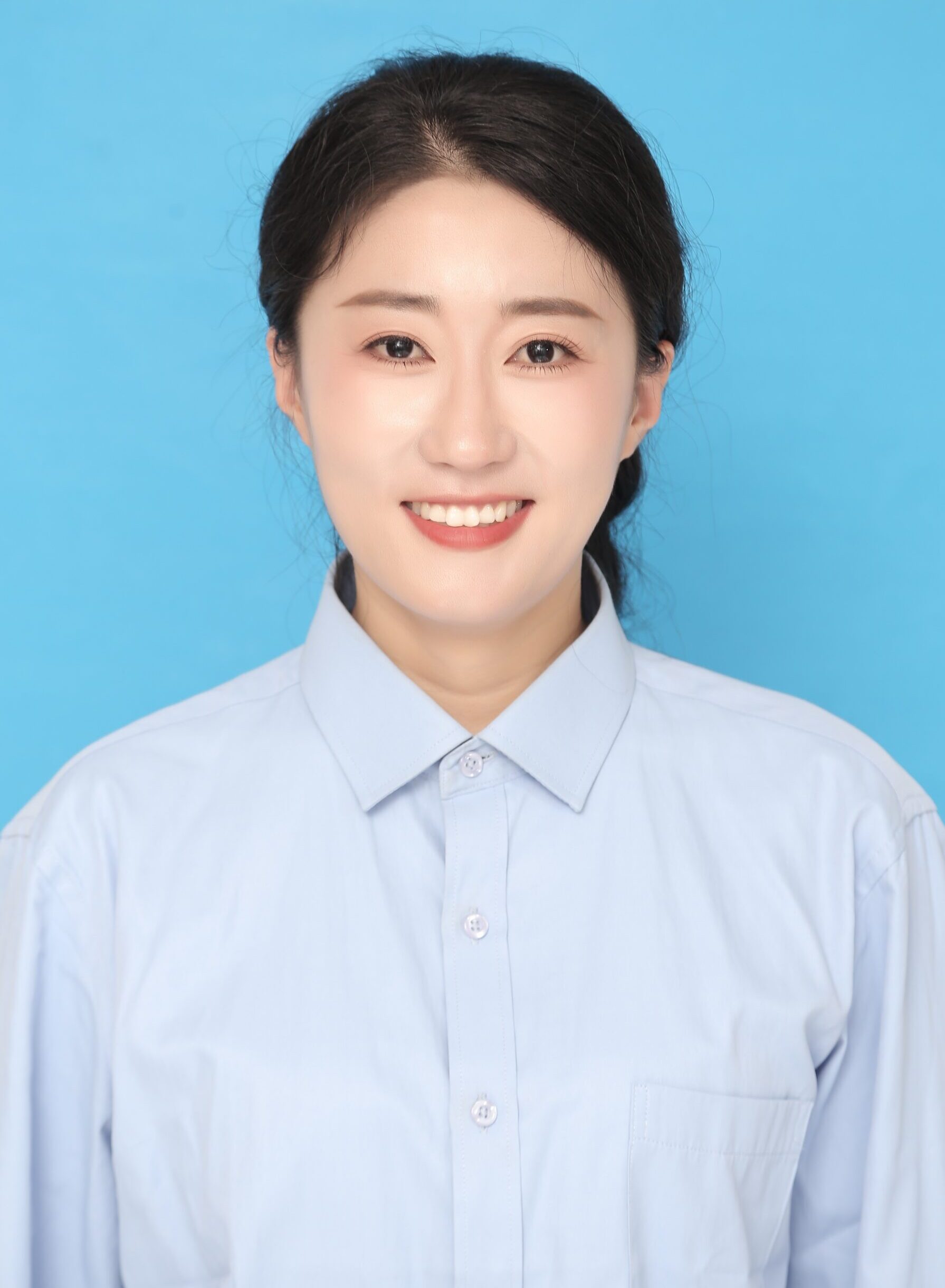
Xiaoyu HAN
Tianjin University
“Synergistic Interfacial Mechanism of Cu-Based Catalysts for Selective CO2 Hydrogenation to Methanol”

Xiaoyu HAN
Tianjin University
Dr. Xiaoyu Han, Assistant Research Fellow at Tianjin University and Ph.D. graduate from the National University of Singapore, focuses on CO2 utilization and heterogeneous catalysis. Her research centers on the design, structure–activity relationship, and mechanism of Cu-based catalysts for CO2 hydrogenation to methanol. She has received funding from the China Postdoctoral Science Foundation and the NSFC Youth Project, published 13 papers in top journals such as ACS Catalysis and Applied Catalysis B, and holds two Chinese patents.

Xin ZHAO
China Agricultural University

Evelyn WANG
Massachusetts Institute of Technology
Dr. Evelyn N. Wang is the Vice President for Energy and Climate and the Ford Professor of Engineering at the Massachusetts Institute of Technology (MIT). She previously served as the Senate-confirmed Director at the Advanced Research Projects Agency-Energy (ARPA-E) from 2023-2025, where she led the Agency’s development, launch, and execution of high-risk, high-reward energy research and development programs. At MIT, she developed technologies for thermal management, energy conversion and storage, and water harvesting and purification. Dr. Wang holds a Ph.D. in Mechanical Engineering from Stanford University. She also received an M.S. in Mechanical Engineering from Stanford University and a B.S. in Mechanical Engineering from MIT. She is a member of the National Academy of Engineering, and Fellow of the American Society of Mechanical Engineers, American Association for the Advancement of Science, and the American Academy of Arts and Sciences.
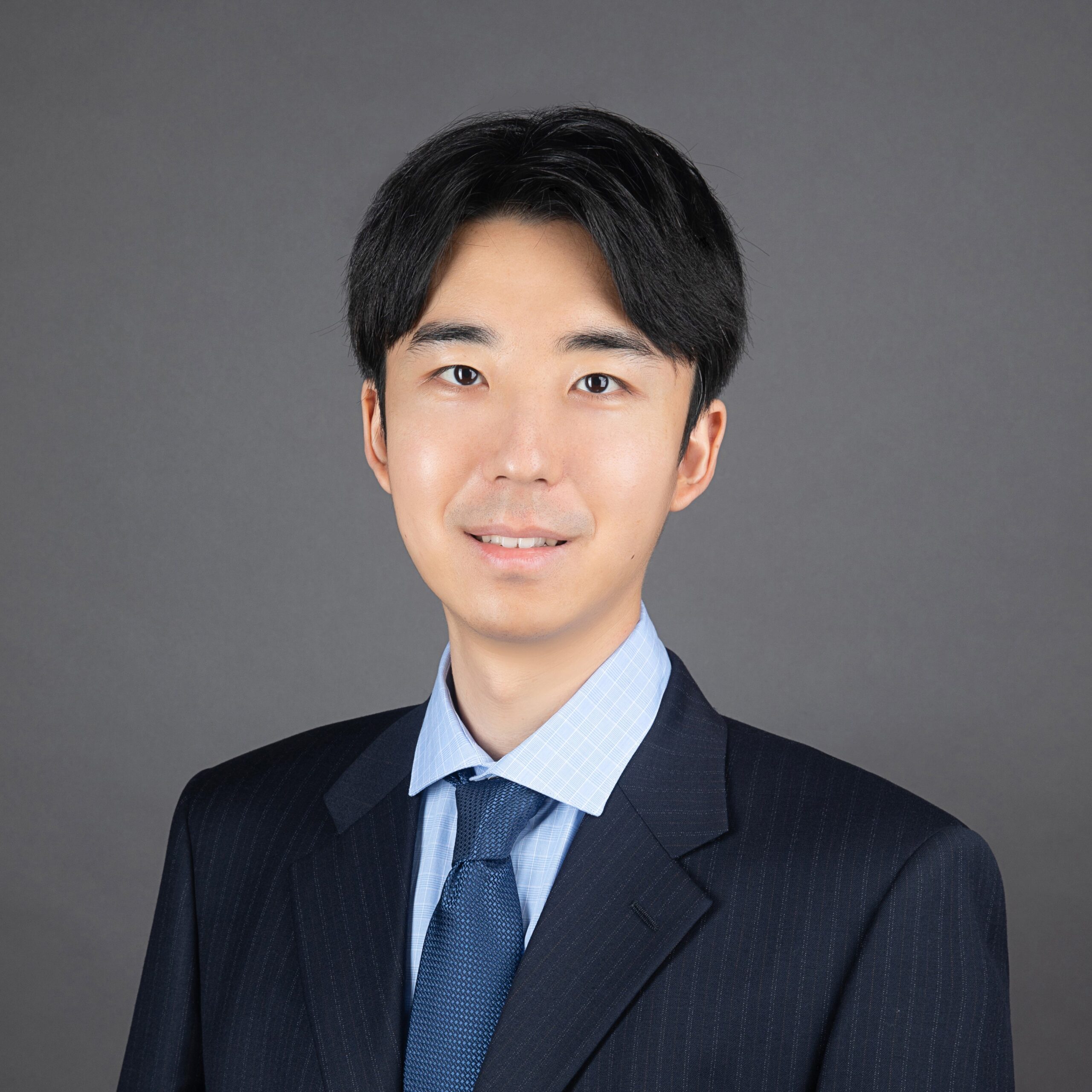
Xing LI
City University of Hong Kong
“Electrify Carbon Capture by Rational Design of Redox-Active Materials”

Xing LI
City University of Hong Kong
Dr. LI Xing is the inaugural Presidential Assistant Professor in the Department of Chemistry at City University of Hong Kong. As a chemist, he received his B.Sc. degree from Nanyang Technological University and his Ph.D. from National University of Singapore. From 2021 to 2024, Dr. Li worked as a postdoctoral fellow in the Department of Chemical and Biomolecular Engineering at Johns Hopkins University. His research interests span designing molecule-defined nanoporous materials and stimuli-responsive molecules, and their applications in emerging carbon capture and energy storage technologies. Dr. Li is the awardee of the SNIC-Prof Lee Soo Ying Early Career Research.
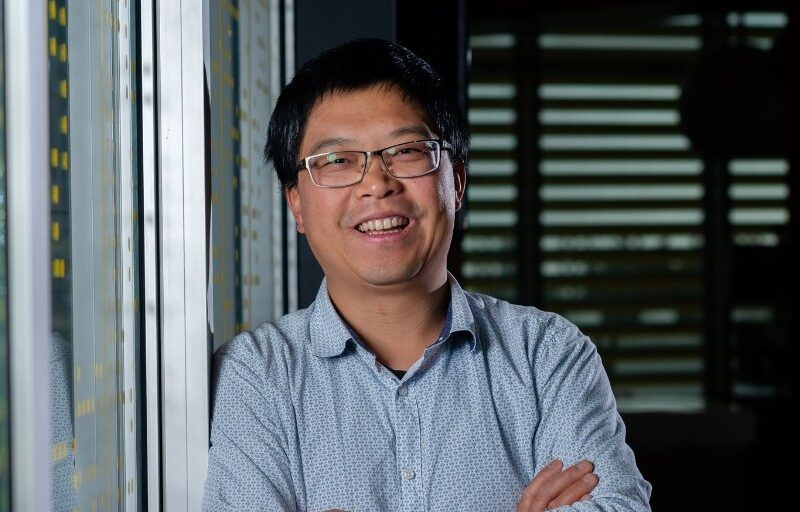
Youhong TANG
Flinders University

Evelyn WANG
Massachusetts Institute of Technology
Dr. Evelyn N. Wang is the Vice President for Energy and Climate and the Ford Professor of Engineering at the Massachusetts Institute of Technology (MIT). She previously served as the Senate-confirmed Director at the Advanced Research Projects Agency-Energy (ARPA-E) from 2023-2025, where she led the Agency’s development, launch, and execution of high-risk, high-reward energy research and development programs. At MIT, she developed technologies for thermal management, energy conversion and storage, and water harvesting and purification. Dr. Wang holds a Ph.D. in Mechanical Engineering from Stanford University. She also received an M.S. in Mechanical Engineering from Stanford University and a B.S. in Mechanical Engineering from MIT. She is a member of the National Academy of Engineering, and Fellow of the American Society of Mechanical Engineers, American Association for the Advancement of Science, and the American Academy of Arts and Sciences.
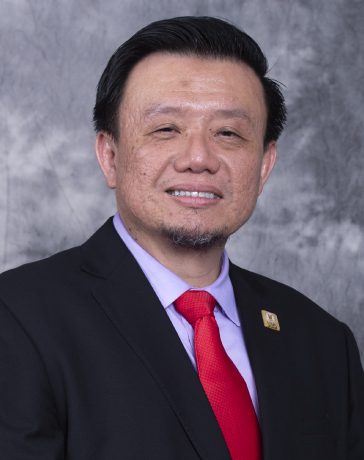
Yun Hin TAUFIQ-YAP
Universiti Putra Malaysia

Evelyn WANG
Massachusetts Institute of Technology
Dr. Evelyn N. Wang is the Vice President for Energy and Climate and the Ford Professor of Engineering at the Massachusetts Institute of Technology (MIT). She previously served as the Senate-confirmed Director at the Advanced Research Projects Agency-Energy (ARPA-E) from 2023-2025, where she led the Agency’s development, launch, and execution of high-risk, high-reward energy research and development programs. At MIT, she developed technologies for thermal management, energy conversion and storage, and water harvesting and purification. Dr. Wang holds a Ph.D. in Mechanical Engineering from Stanford University. She also received an M.S. in Mechanical Engineering from Stanford University and a B.S. in Mechanical Engineering from MIT. She is a member of the National Academy of Engineering, and Fellow of the American Society of Mechanical Engineers, American Association for the Advancement of Science, and the American Academy of Arts and Sciences.
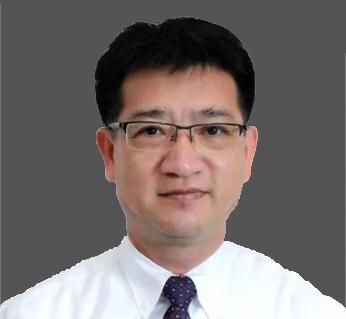
Yun-Bao JIANG
Xiamen University
“Transmembrane transportation by extralarge peptidomacro cycles”
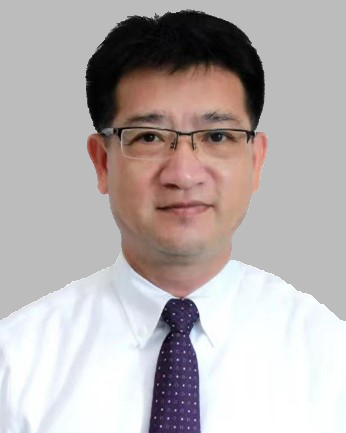
Yun-Bao JIANG
Xiamen University
Yun-Bao Jiang obtained his PhD from Xiamen University and is currently a full professor at Xiamen University, China. He did his postdoc researches at the Max-Planck-Institute for Biophysical Chemistry at Goettingen and the University of Hong Kong, Hong Kong and has been an invited professor at ENS Cachan, a visiting scientist at Southampton University UK and NTU and a visiting professor at NUS. His research focuses on electron transfer photophysics and spectral sensing and supramolecular recognition. Recent efforts have been also put on molecular and supramolecular chirality.

Zhengzhong ZHOU
Changzhou University
“Biomass Valorization for Energy, Materials and Environment”

Evelyn WANG
Massachusetts Institute of Technology
Dr. Evelyn N. Wang is the Vice President for Energy and Climate and the Ford Professor of Engineering at the Massachusetts Institute of Technology (MIT). She previously served as the Senate-confirmed Director at the Advanced Research Projects Agency-Energy (ARPA-E) from 2023-2025, where she led the Agency’s development, launch, and execution of high-risk, high-reward energy research and development programs. At MIT, she developed technologies for thermal management, energy conversion and storage, and water harvesting and purification. Dr. Wang holds a Ph.D. in Mechanical Engineering from Stanford University. She also received an M.S. in Mechanical Engineering from Stanford University and a B.S. in Mechanical Engineering from MIT. She is a member of the National Academy of Engineering, and Fellow of the American Society of Mechanical Engineers, American Association for the Advancement of Science, and the American Academy of Arts and Sciences.
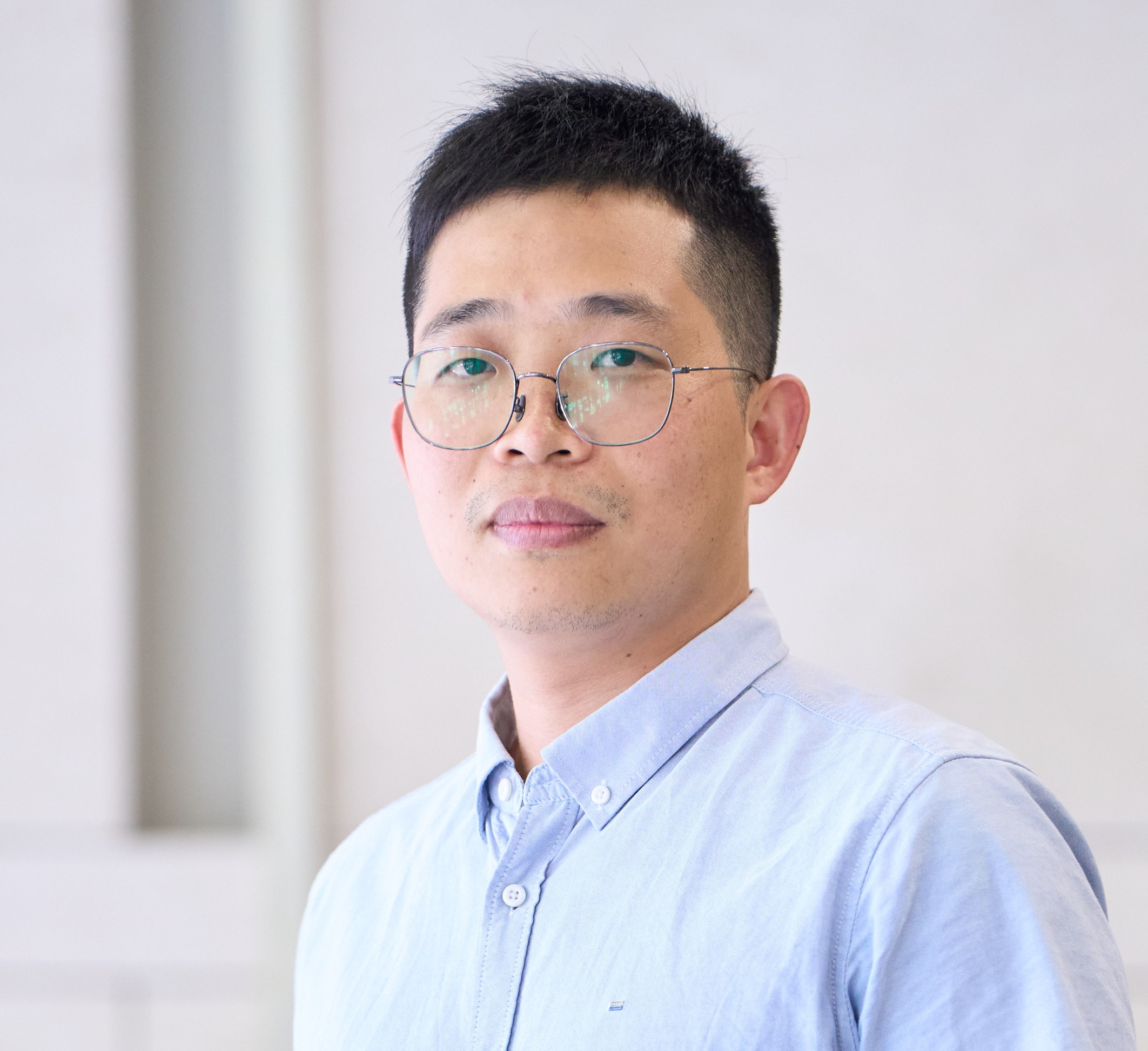
Zhenpin LU
City University of Hong Kong
“Boryl Anions as Green Reagents for Organic Synthesis”

Zhenpin LU
City University of Hong Kong
Dr. Zhenpin Lu earned his B.Sc. in Chemistry from Fuzhou University in 2010 and an M.Sc. in Organic Chemistry from Fudan University in 2013. He completed his Ph.D. in Organic Chemistry in 2016 at Justus Liebig University. Awarded a DFG fellowship in 2017, he conducted postdoctoral research in supramolecular chemistry at the University of Cambridge. After a research stay at the University of Würzburg, he became a research assistant professor at the Chinese University of Hong Kong in 2019 and an assistant professor at City University of Hong Kong in 2022. His research focuses on boron compounds and their applications in various fields.

Zhongxin CHEN
Chinese University of Hong Kong, Shenzhen Campus
“Continuous-Flow Production of Fine Chemicals by Heterogeneous Single Atom Catalysis”

Zhongxin CHEN
Chinese University of Hong Kong, Shenzhen Campus
Prof. Zhengzhong ZHOU received his doctorate from National University of Singapore in 2012, and continued working as a research fellow in NUS till 2015. He is currently serving as the vice dean of the Institute of Urban & Rural Mining, and the deputy director of the National-local joint engineering centre of biomass refining and high-quality utilization in Changzhou University. His research interests are biomass utilization and membrane technologies for water reuse. He has led various national, provincial level and industrial research projects, and published 50+ scientific papers in multi-disciplinary fields on membrane separation, anaerobic digestion, biomass pyrolysis and photocatalysis.